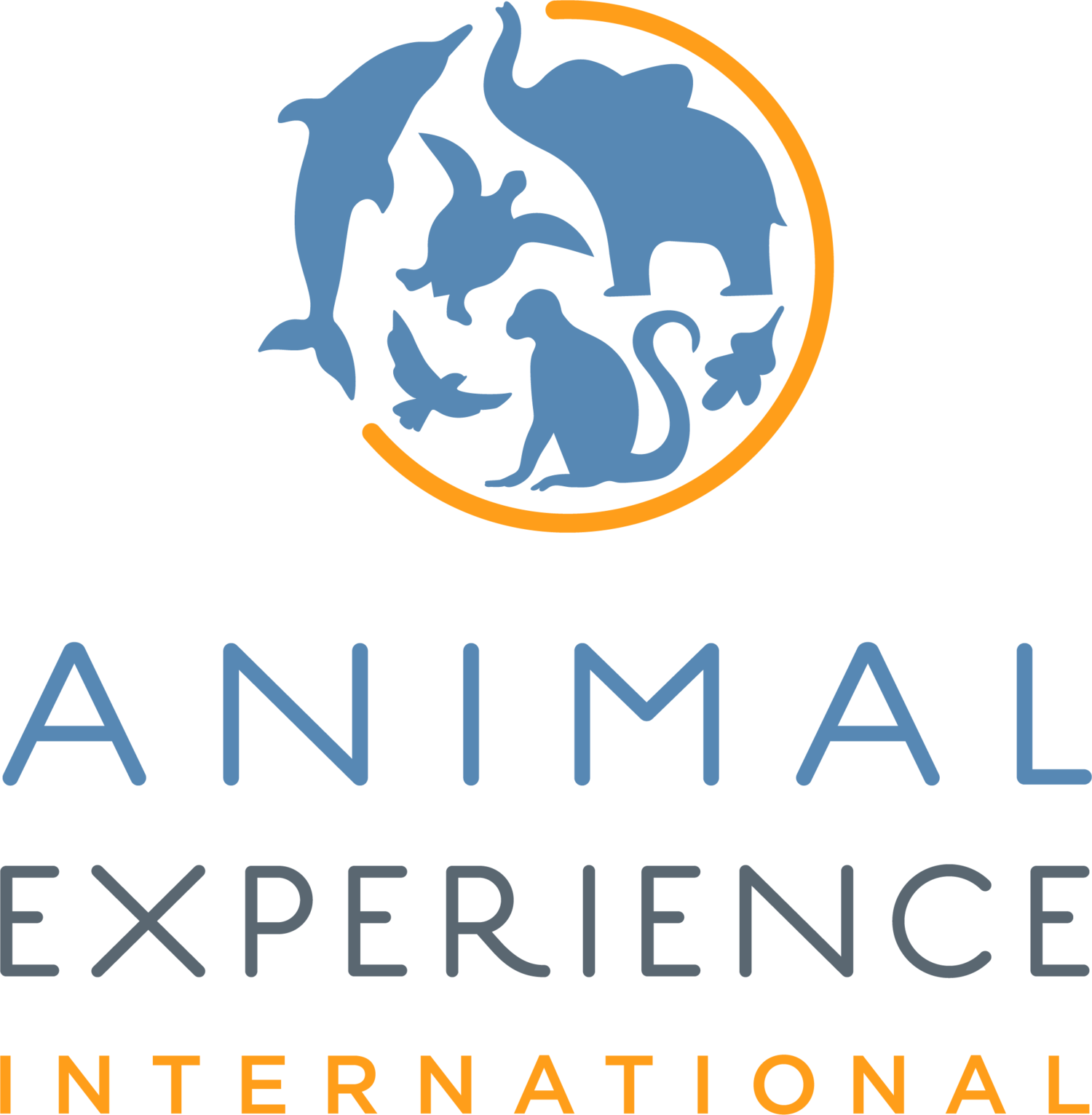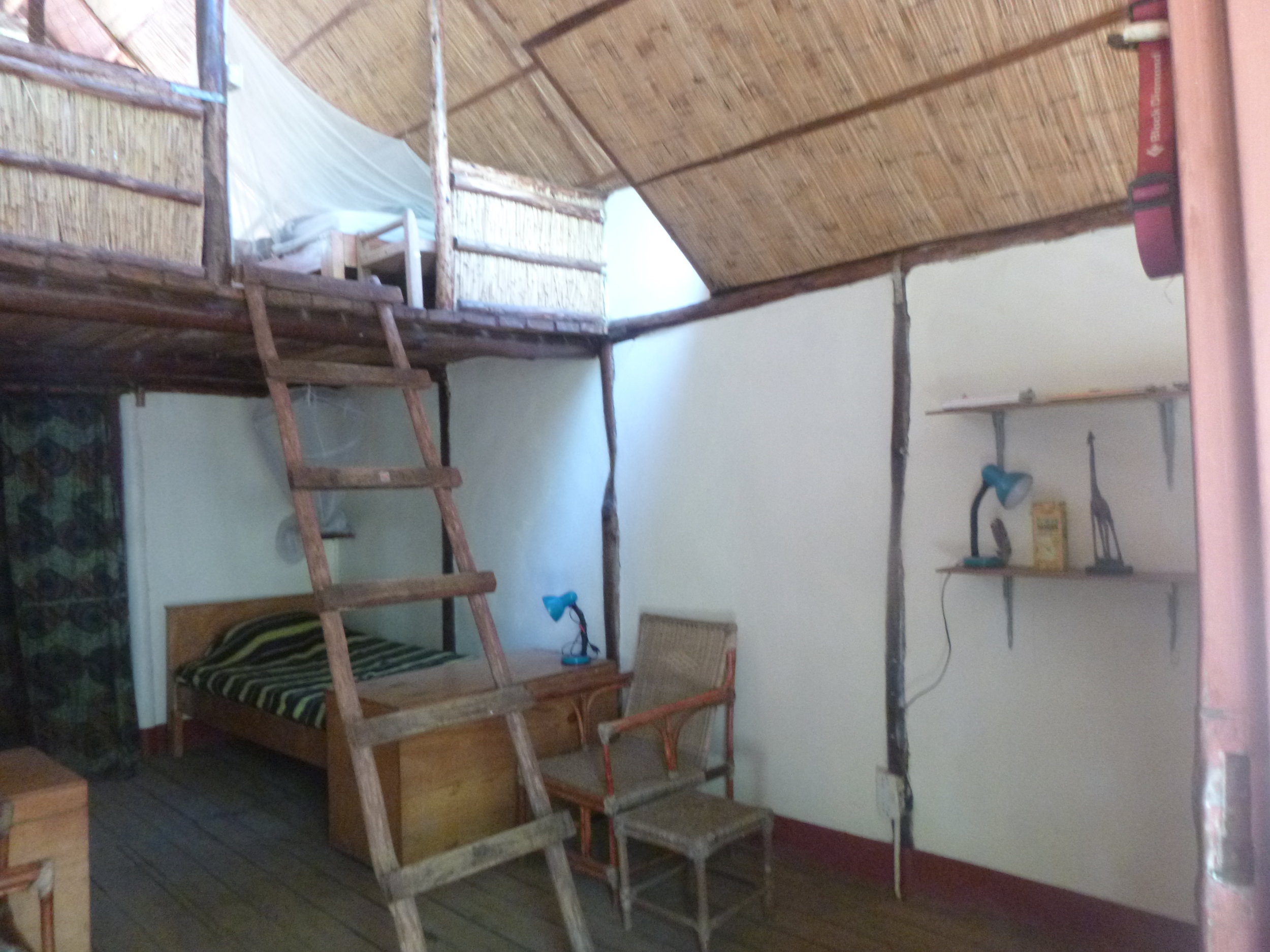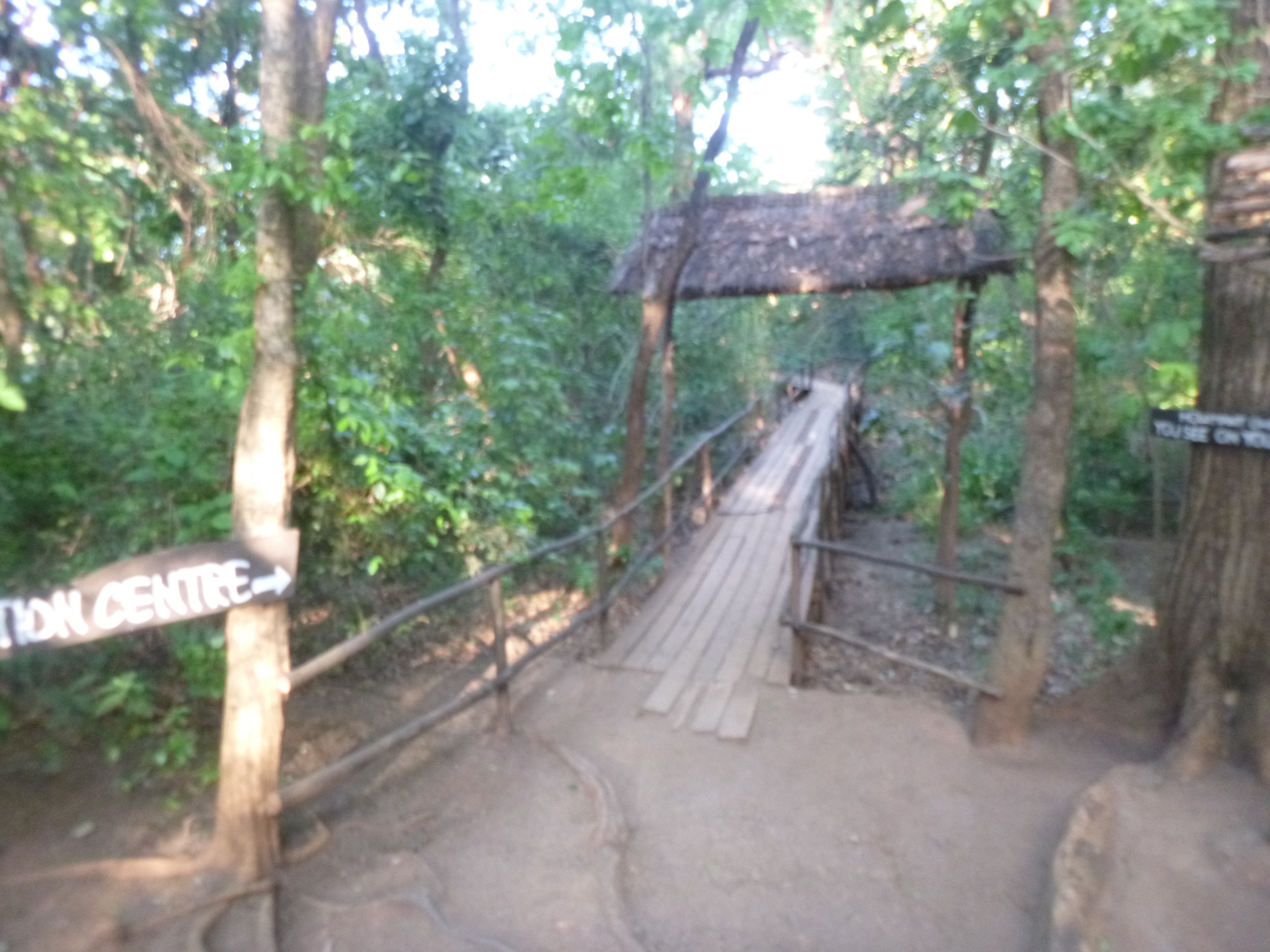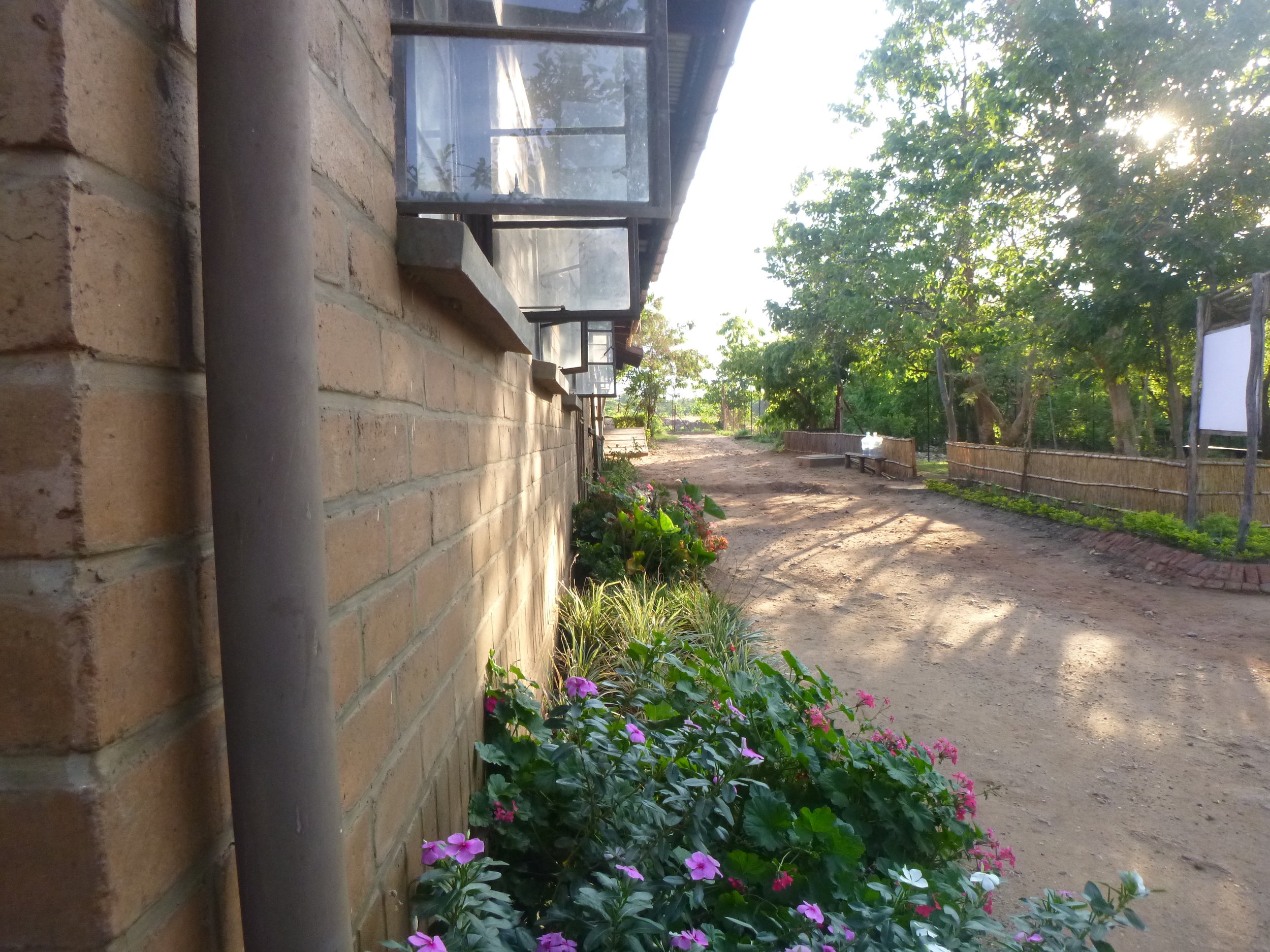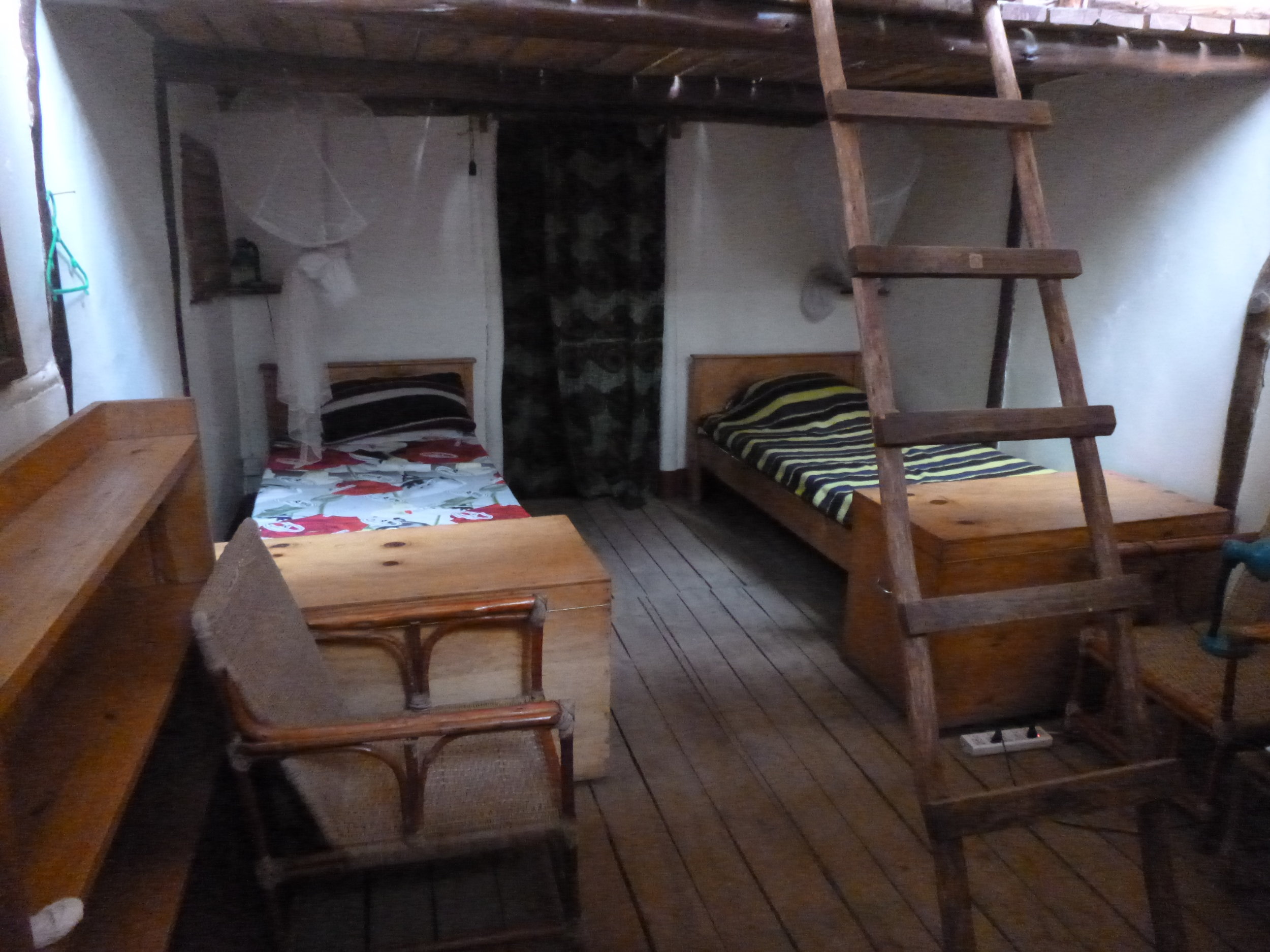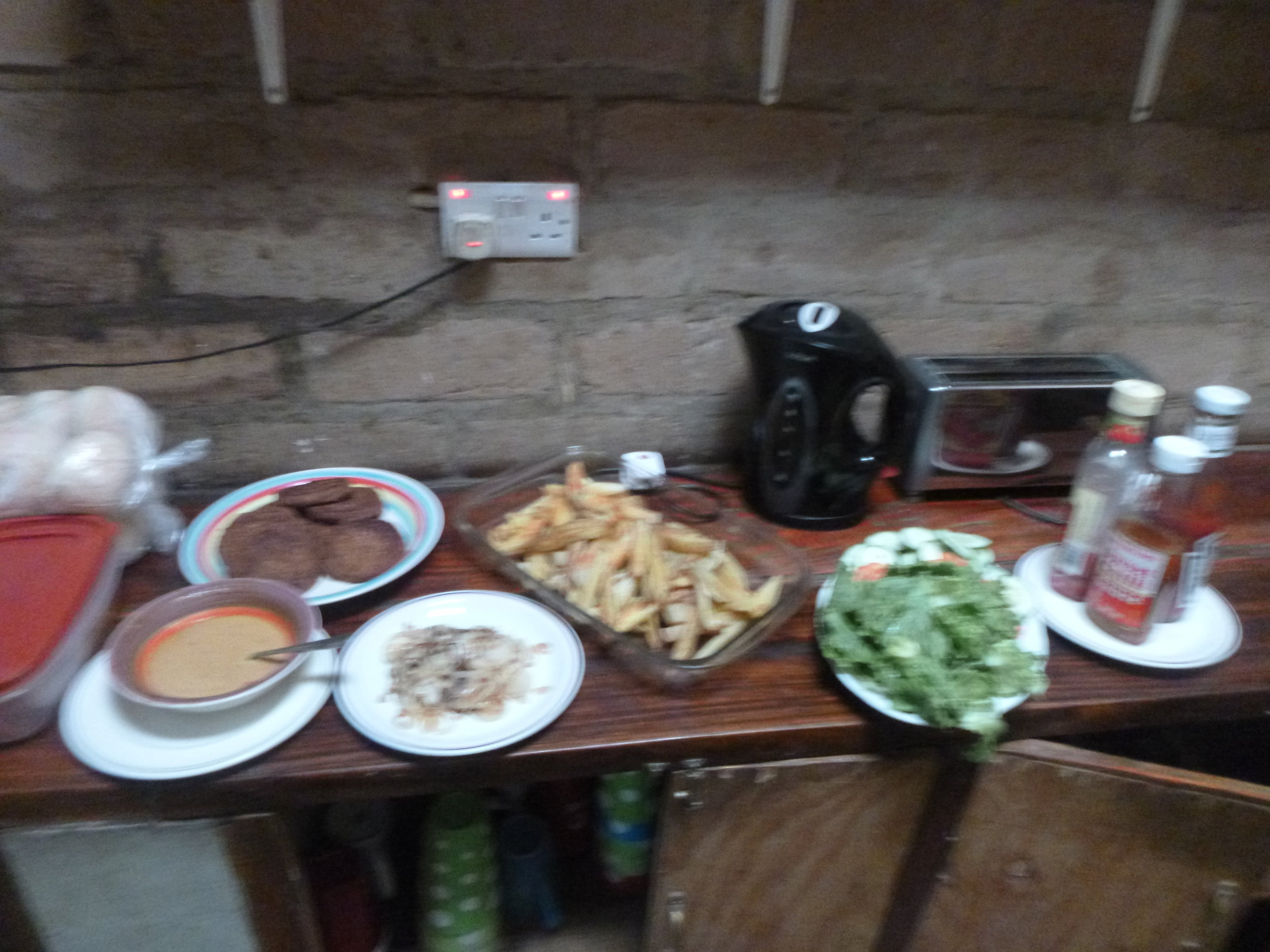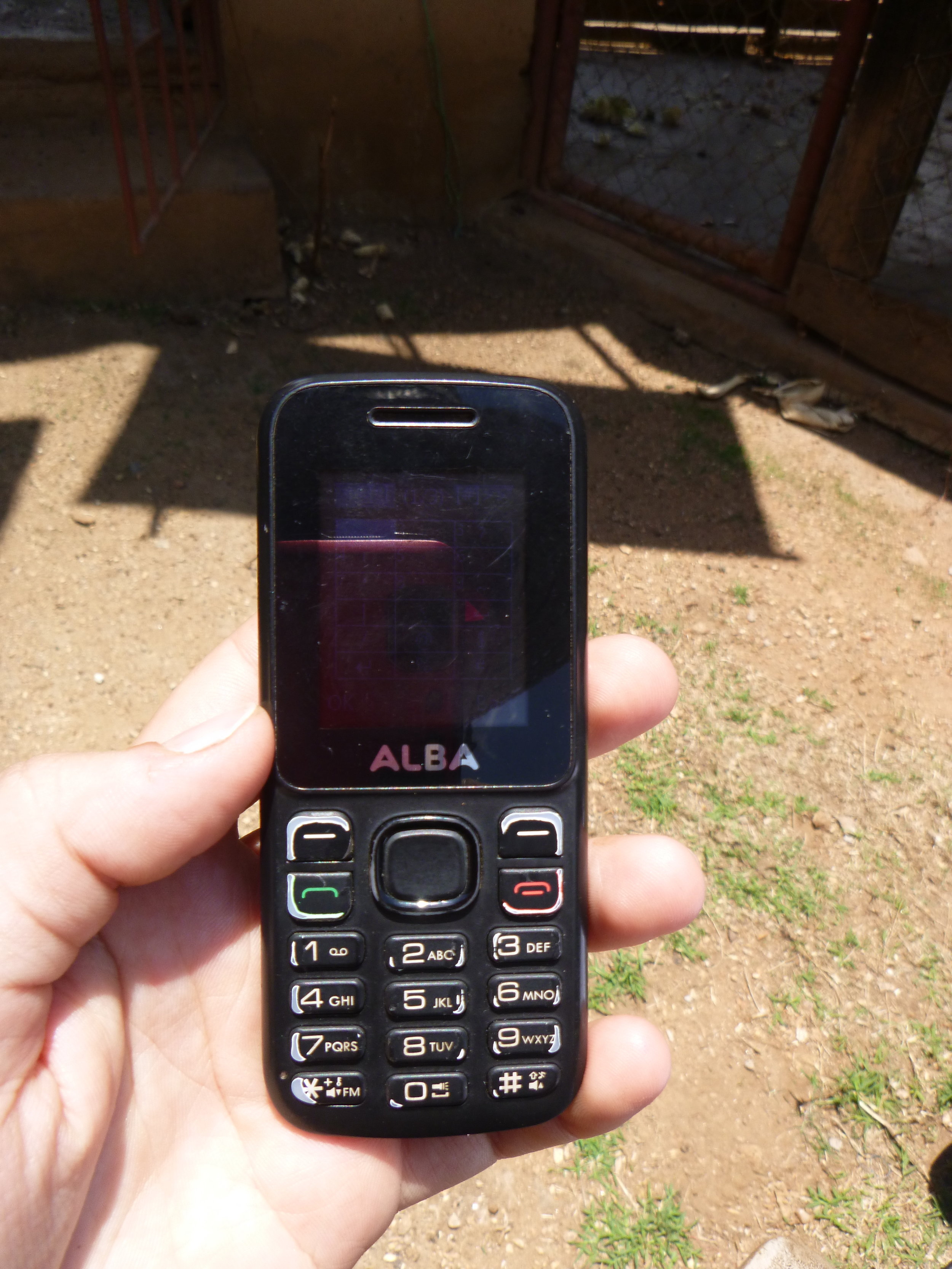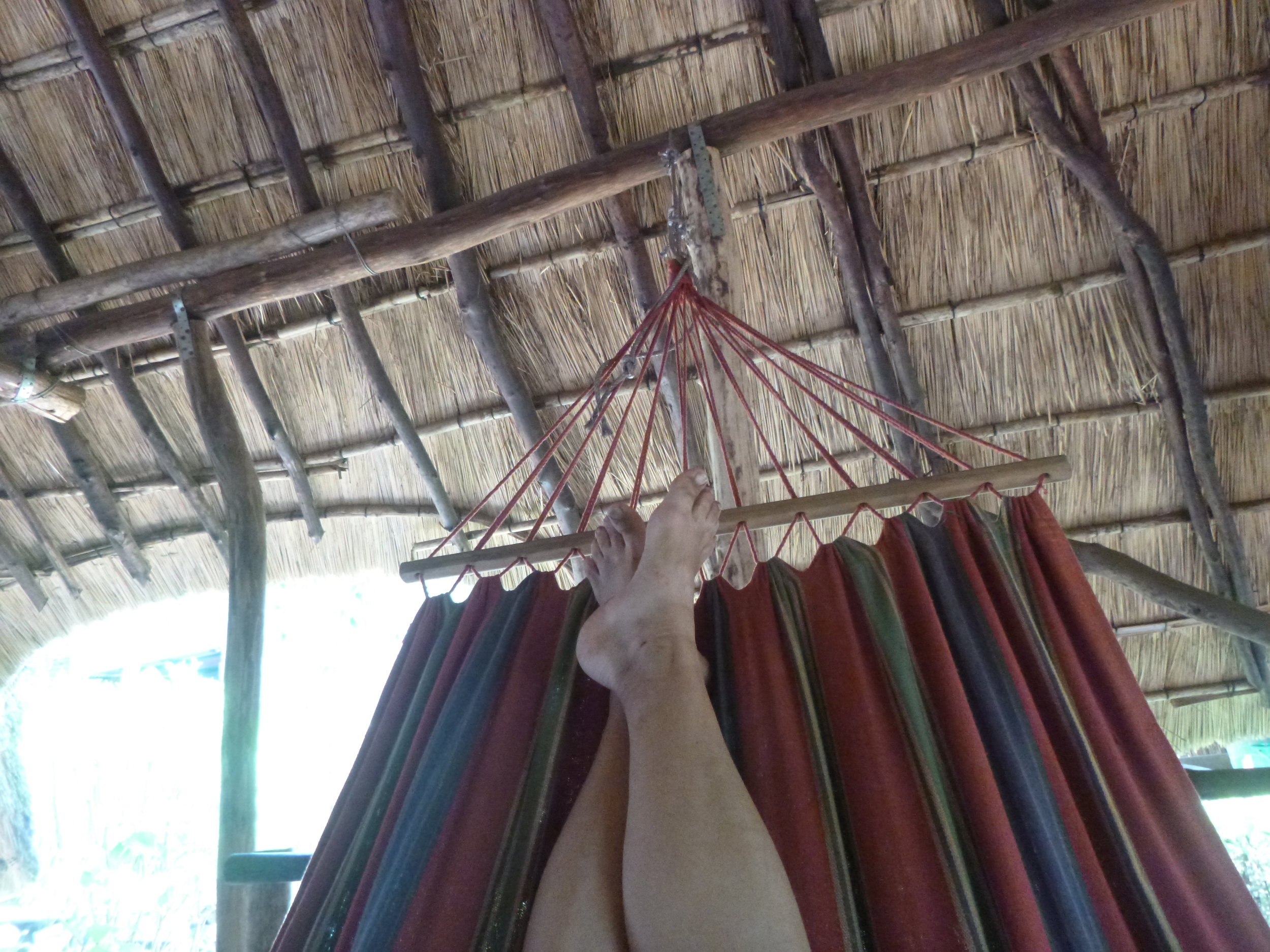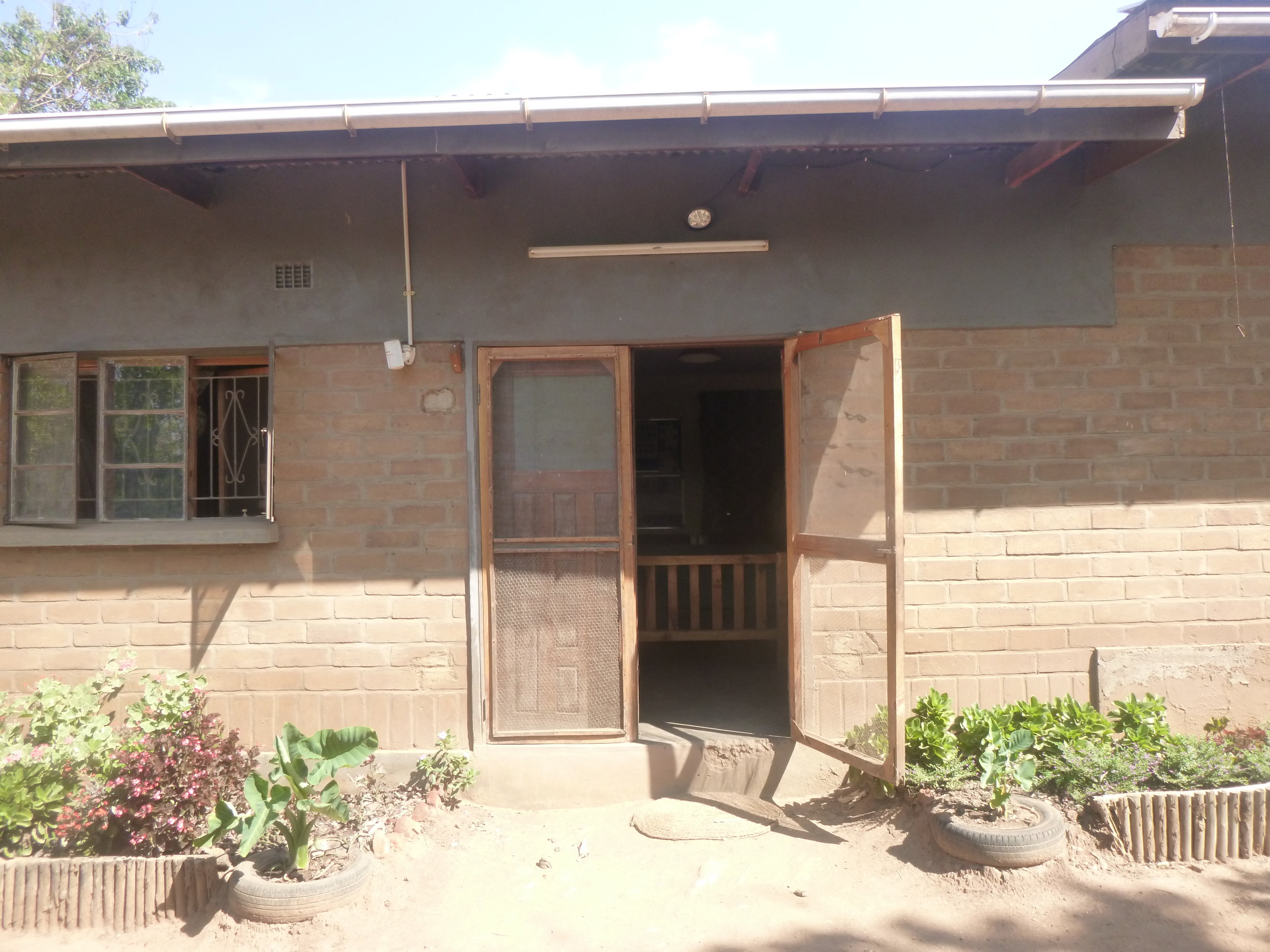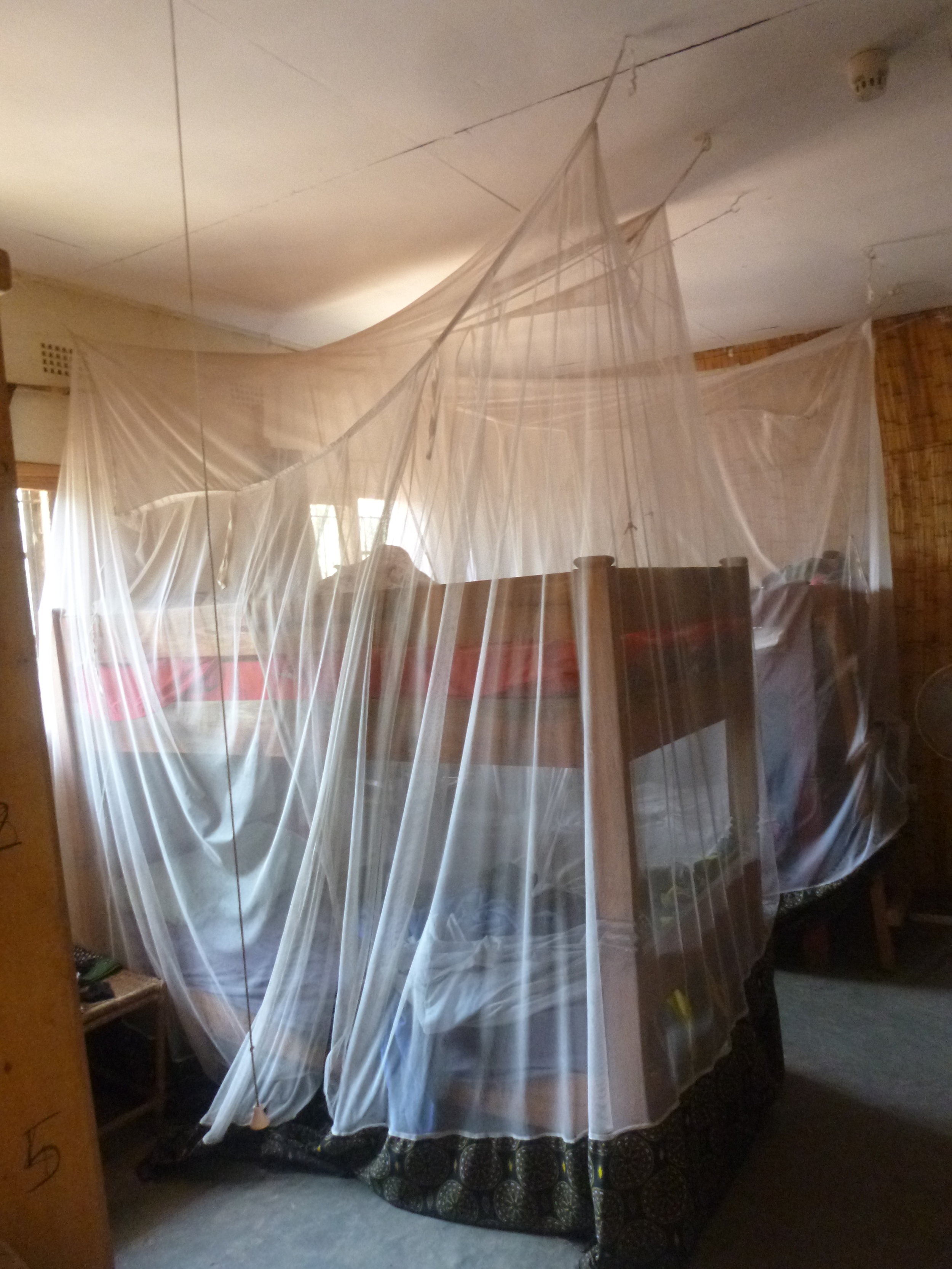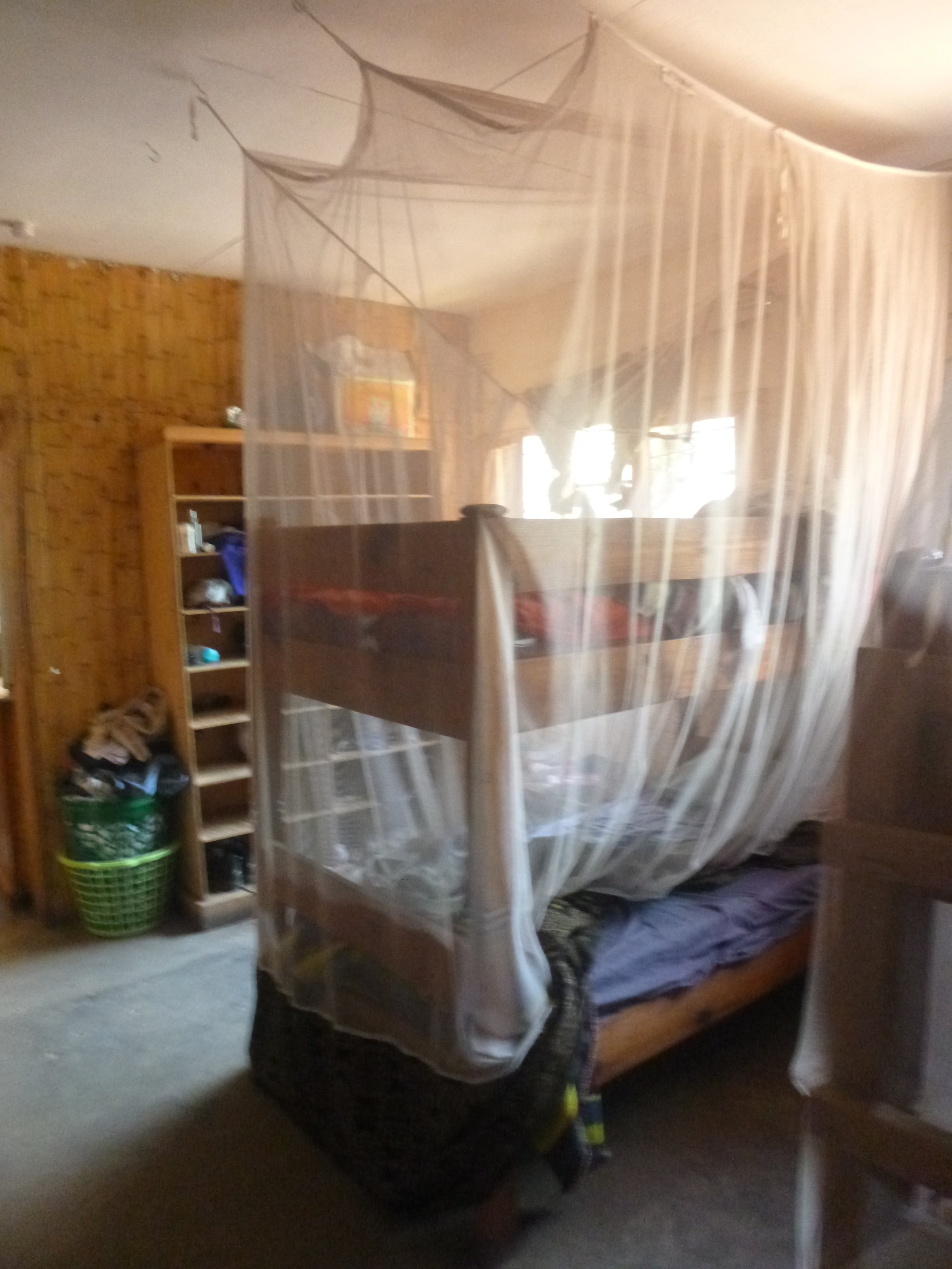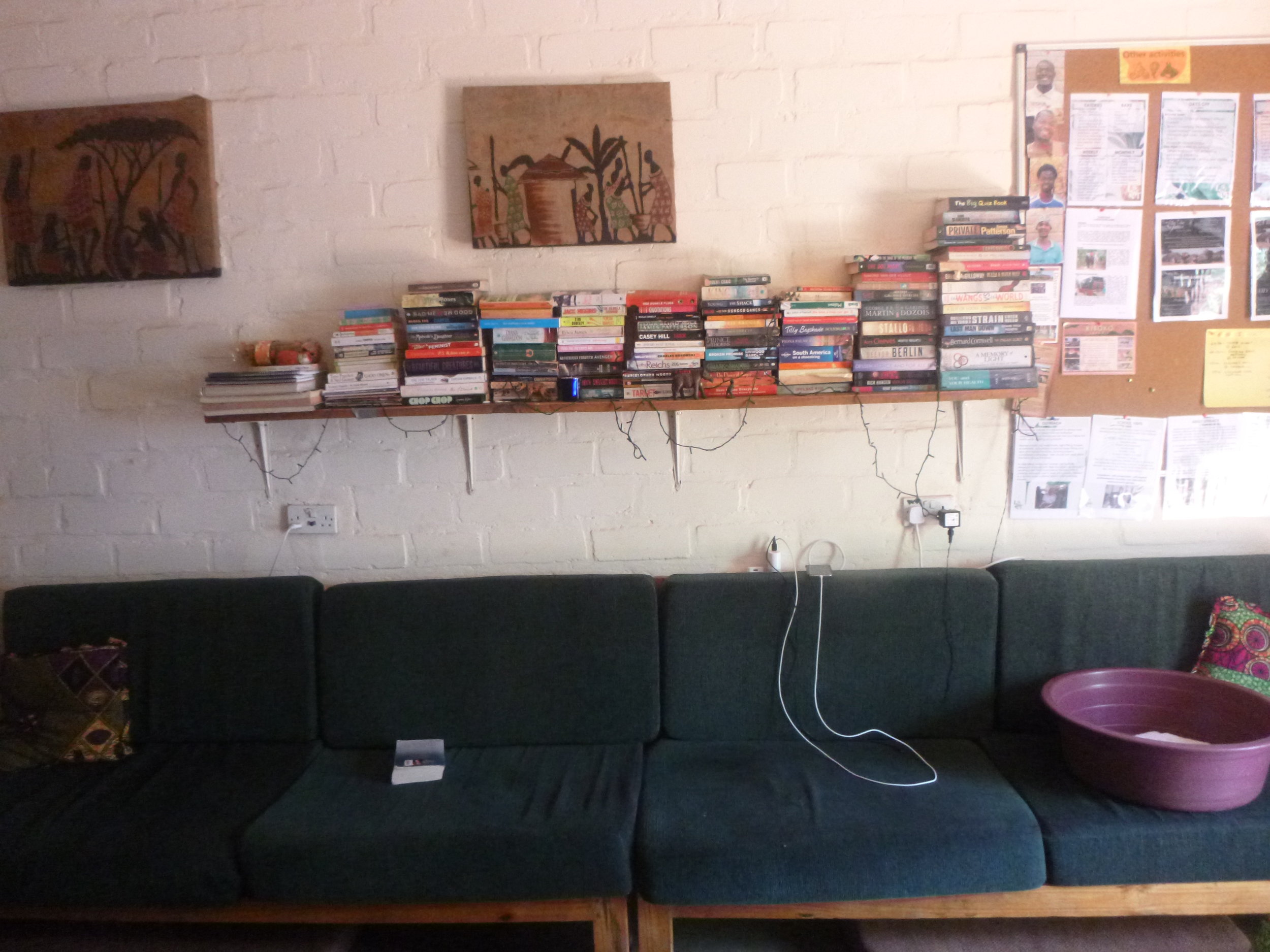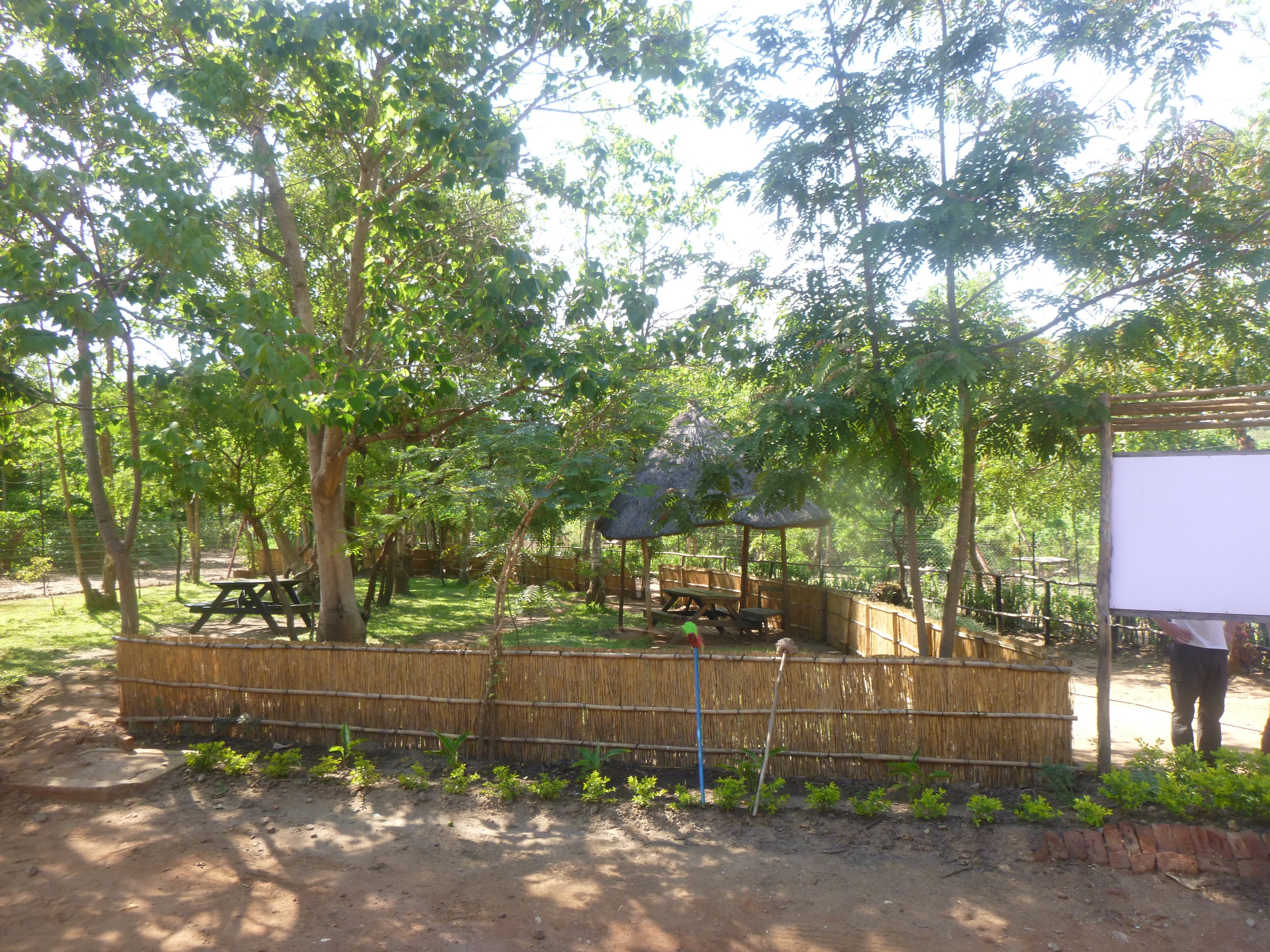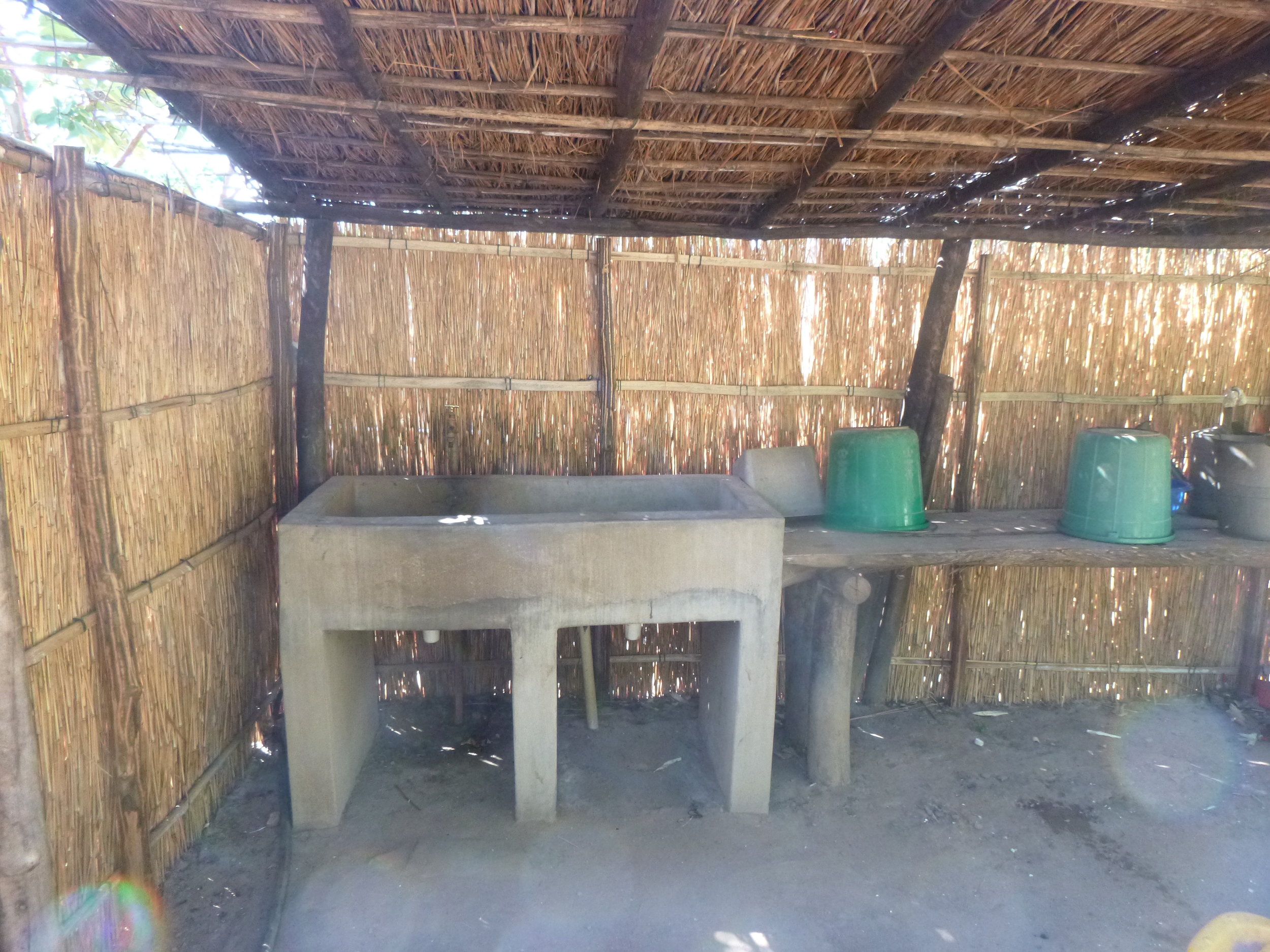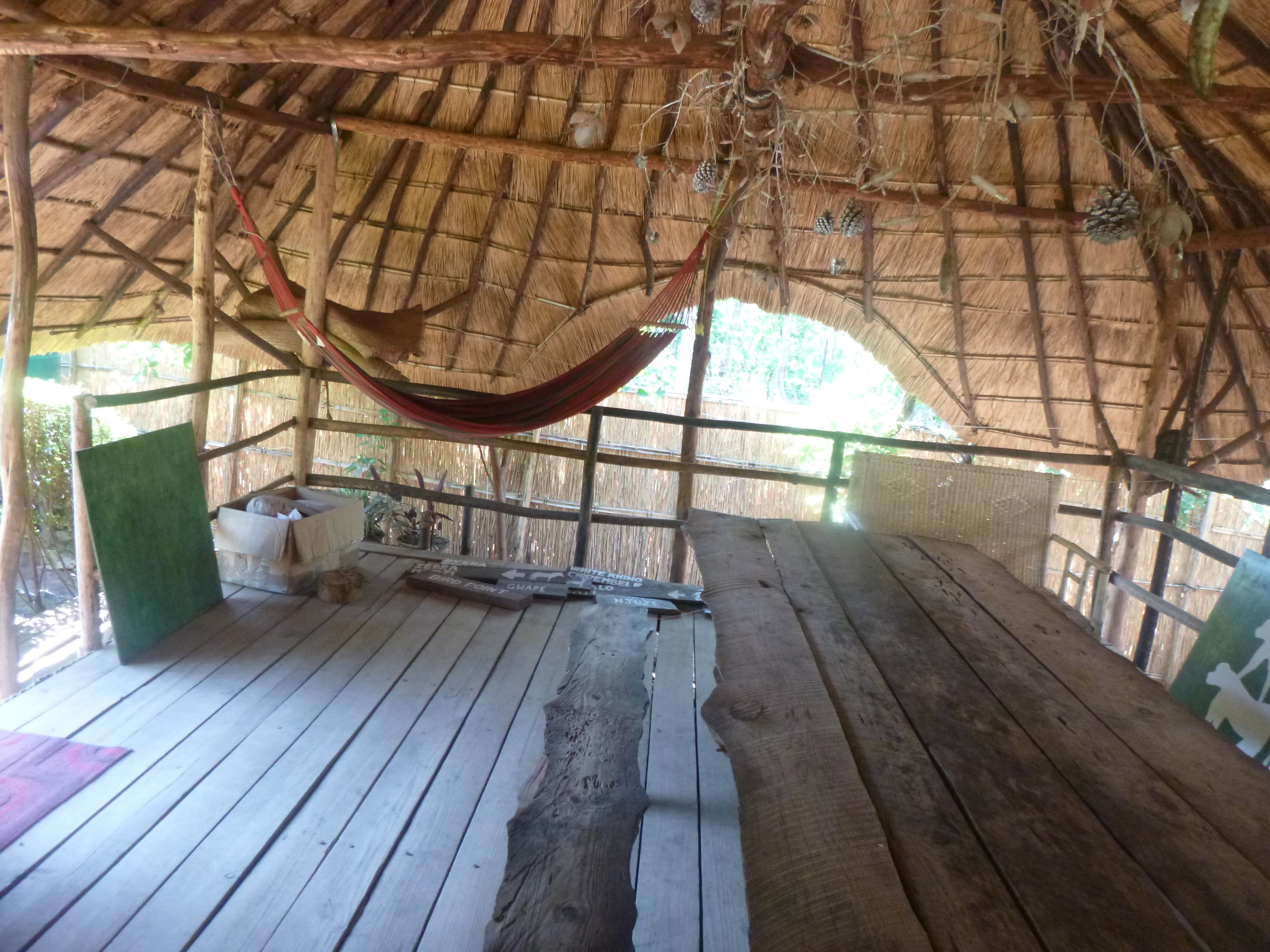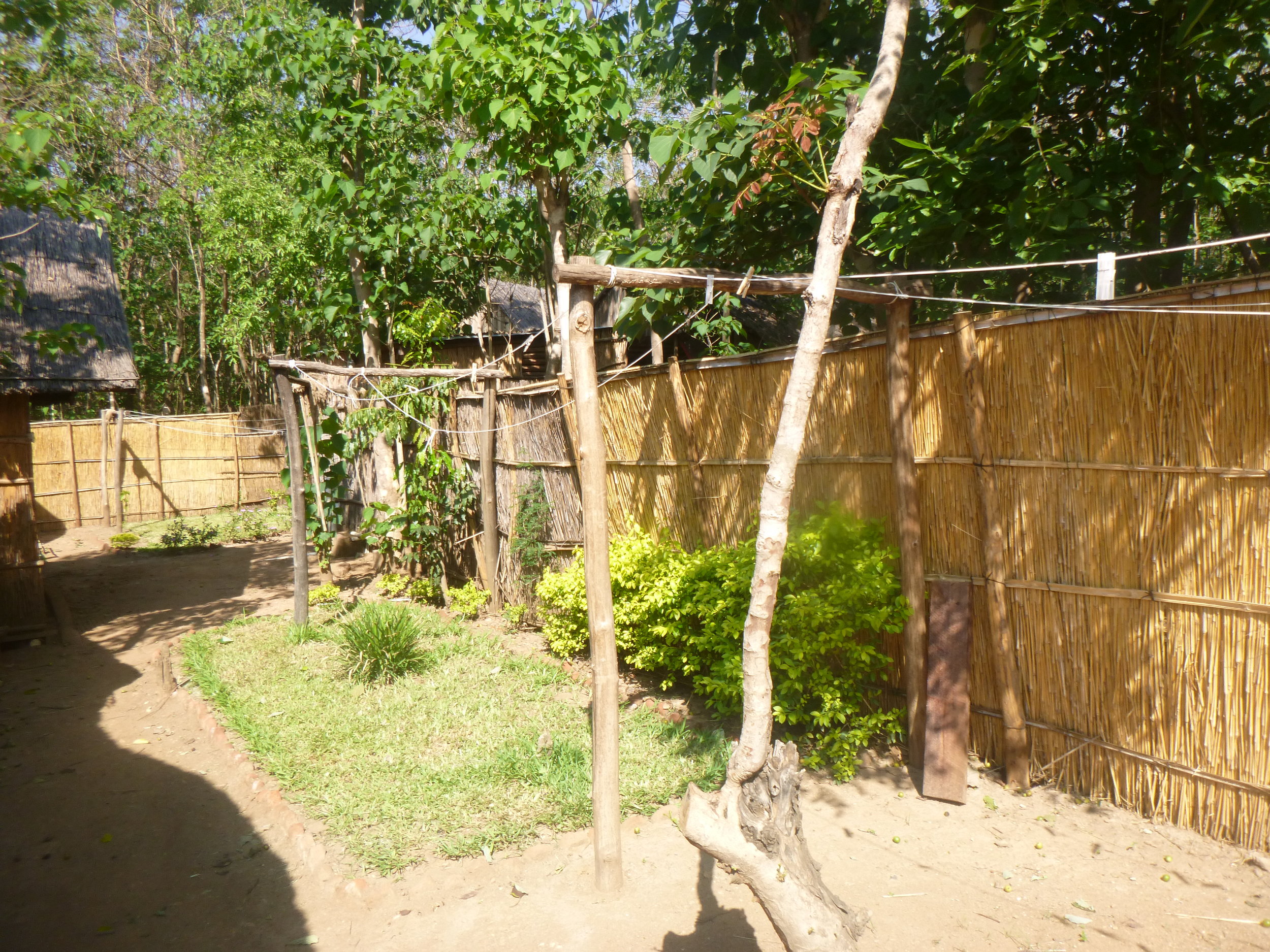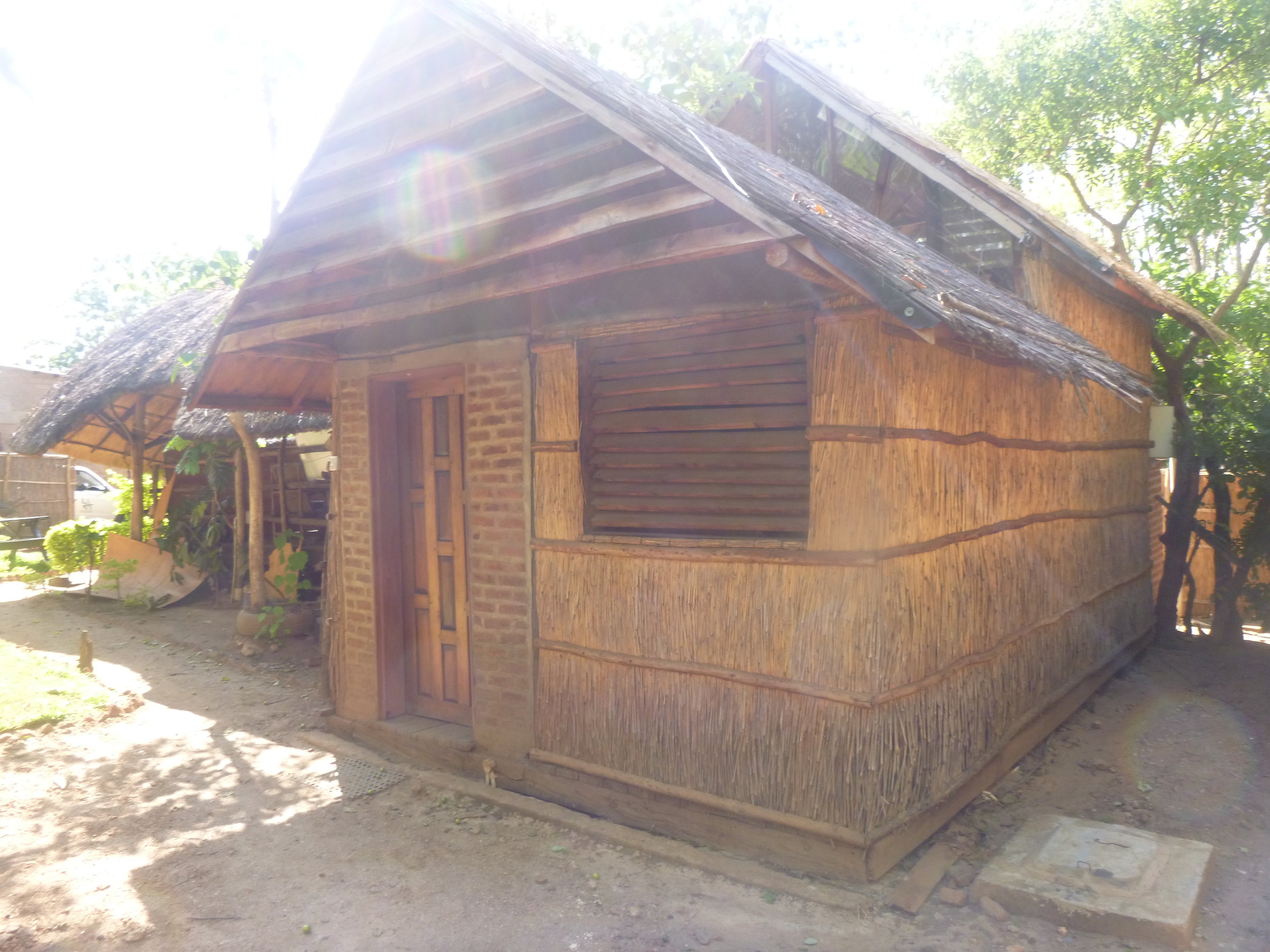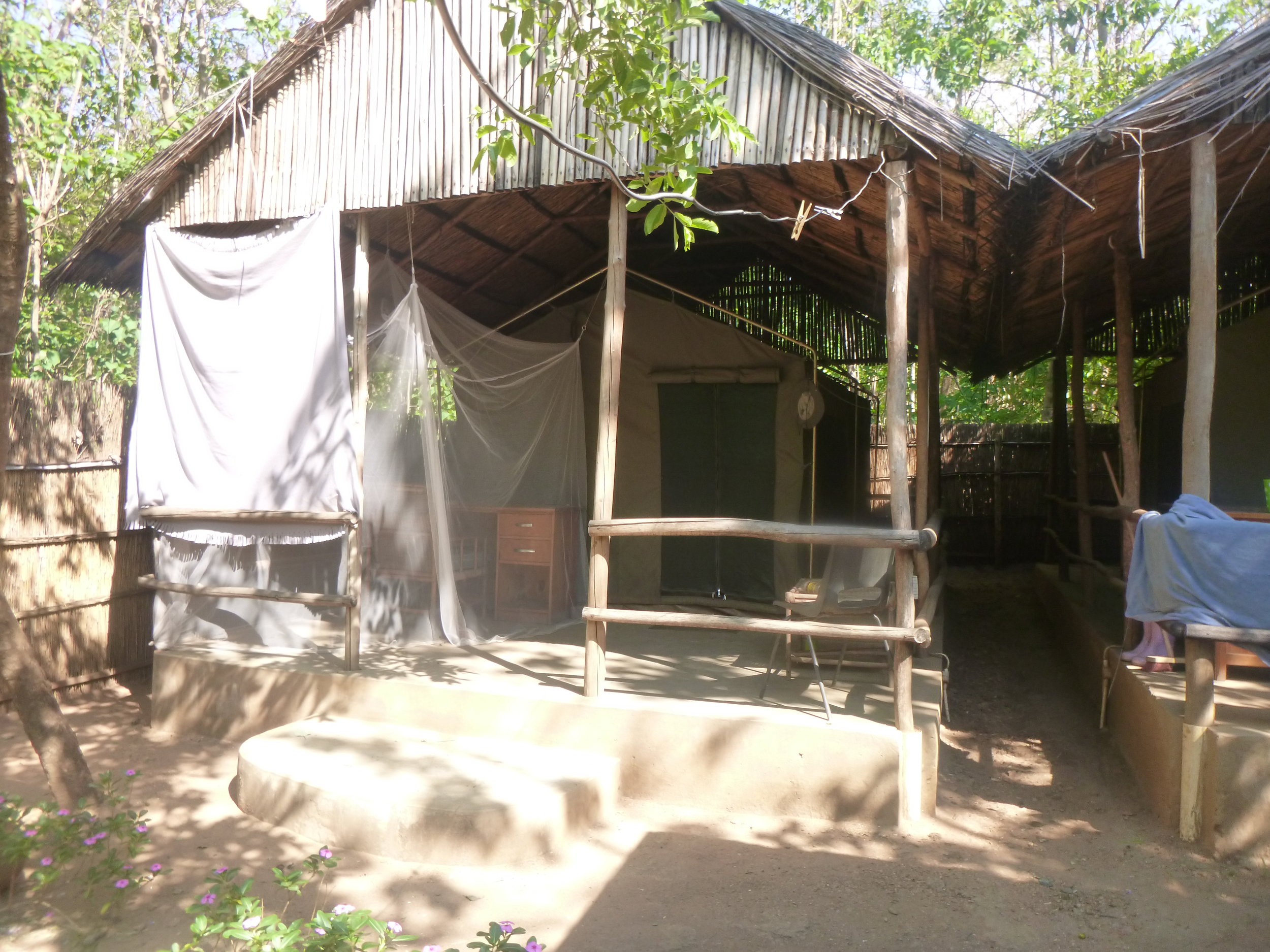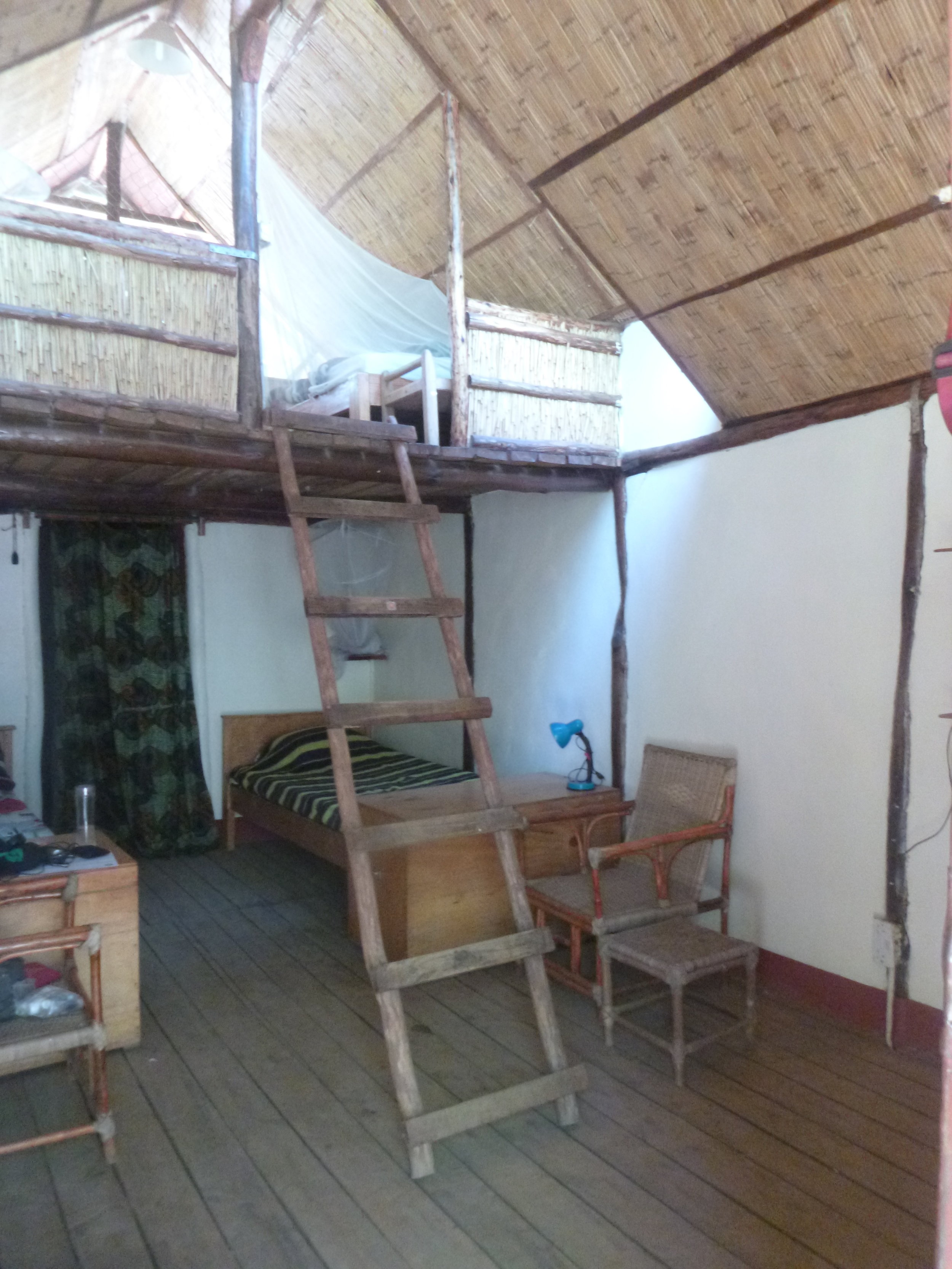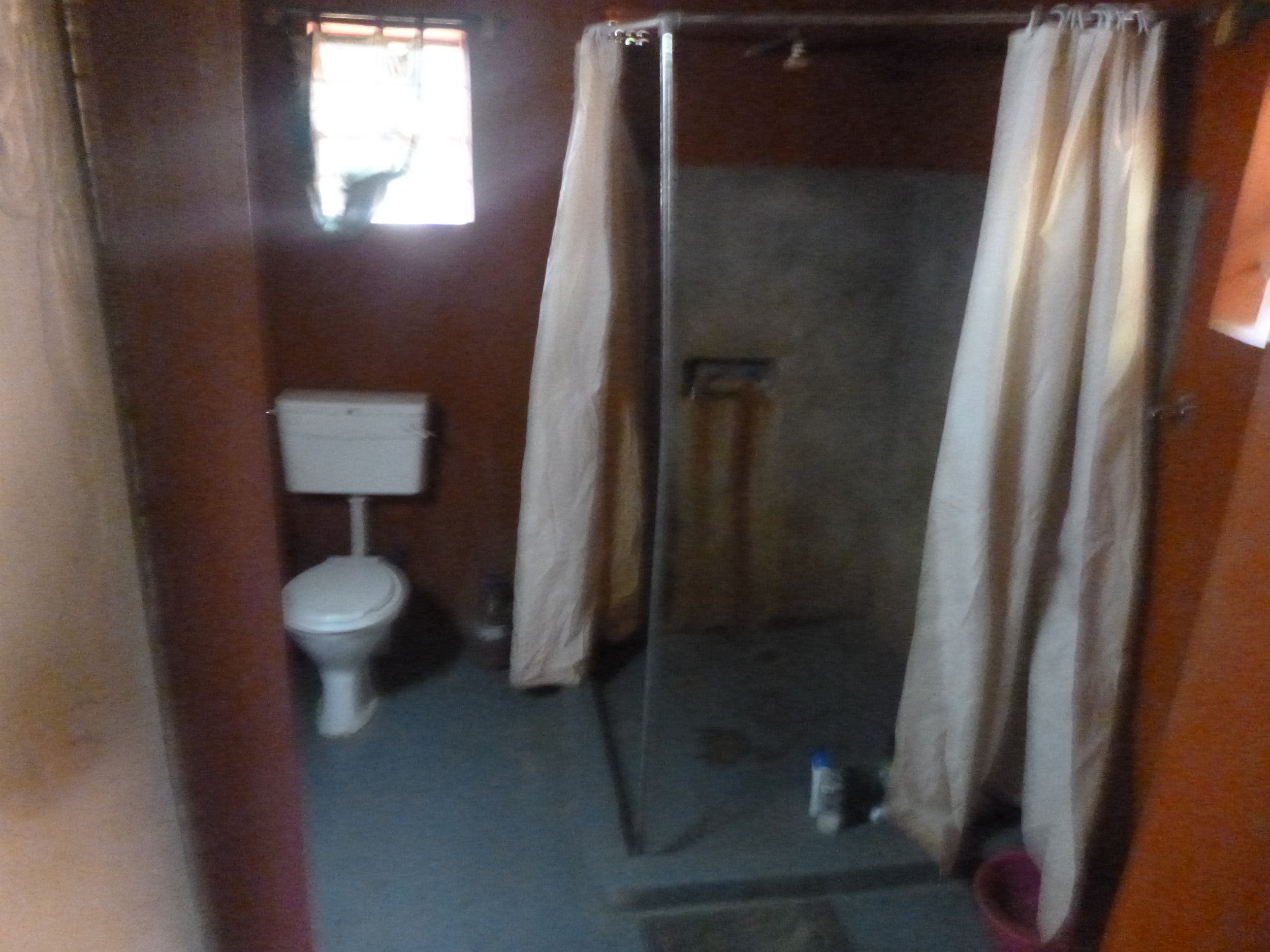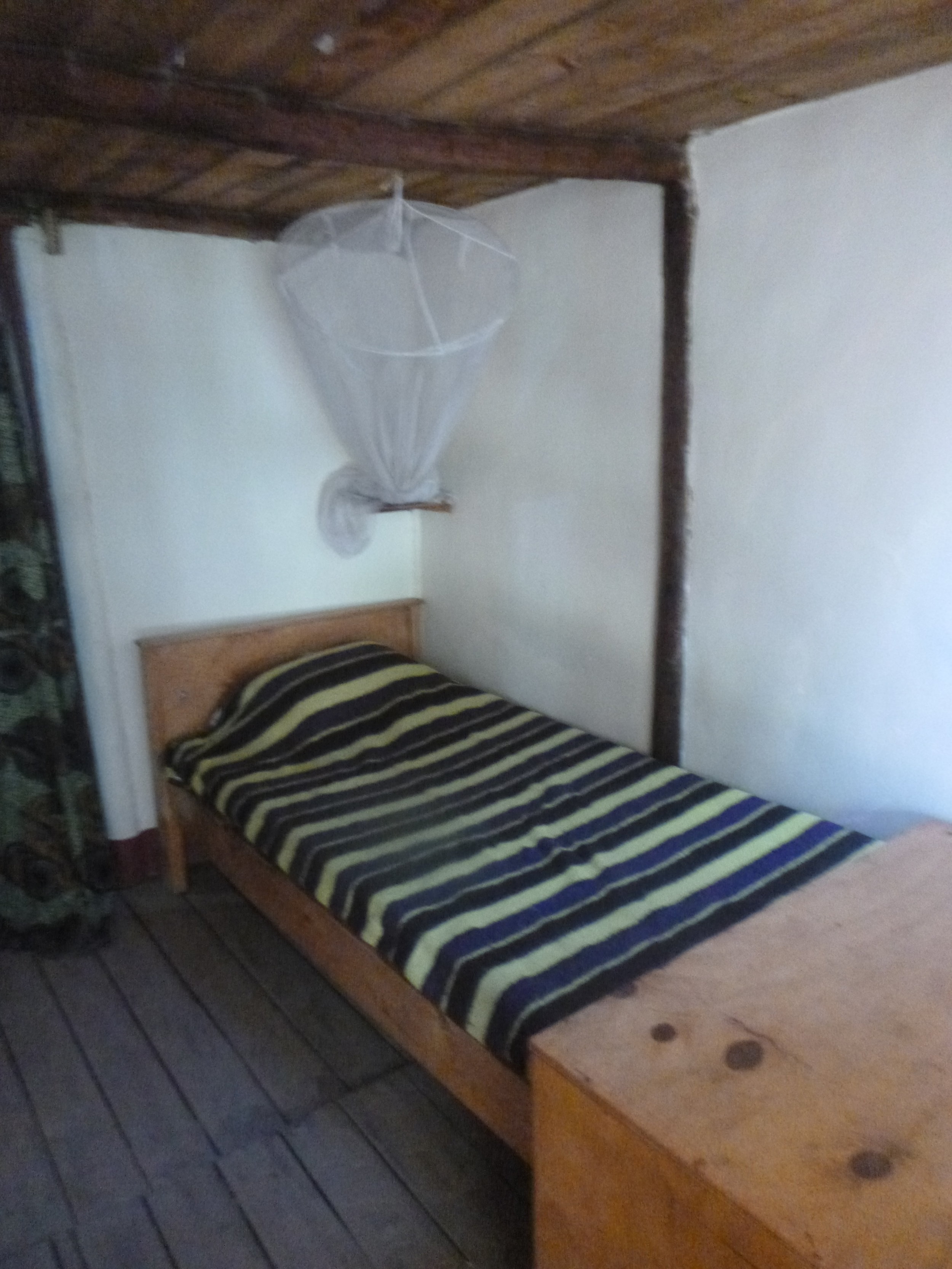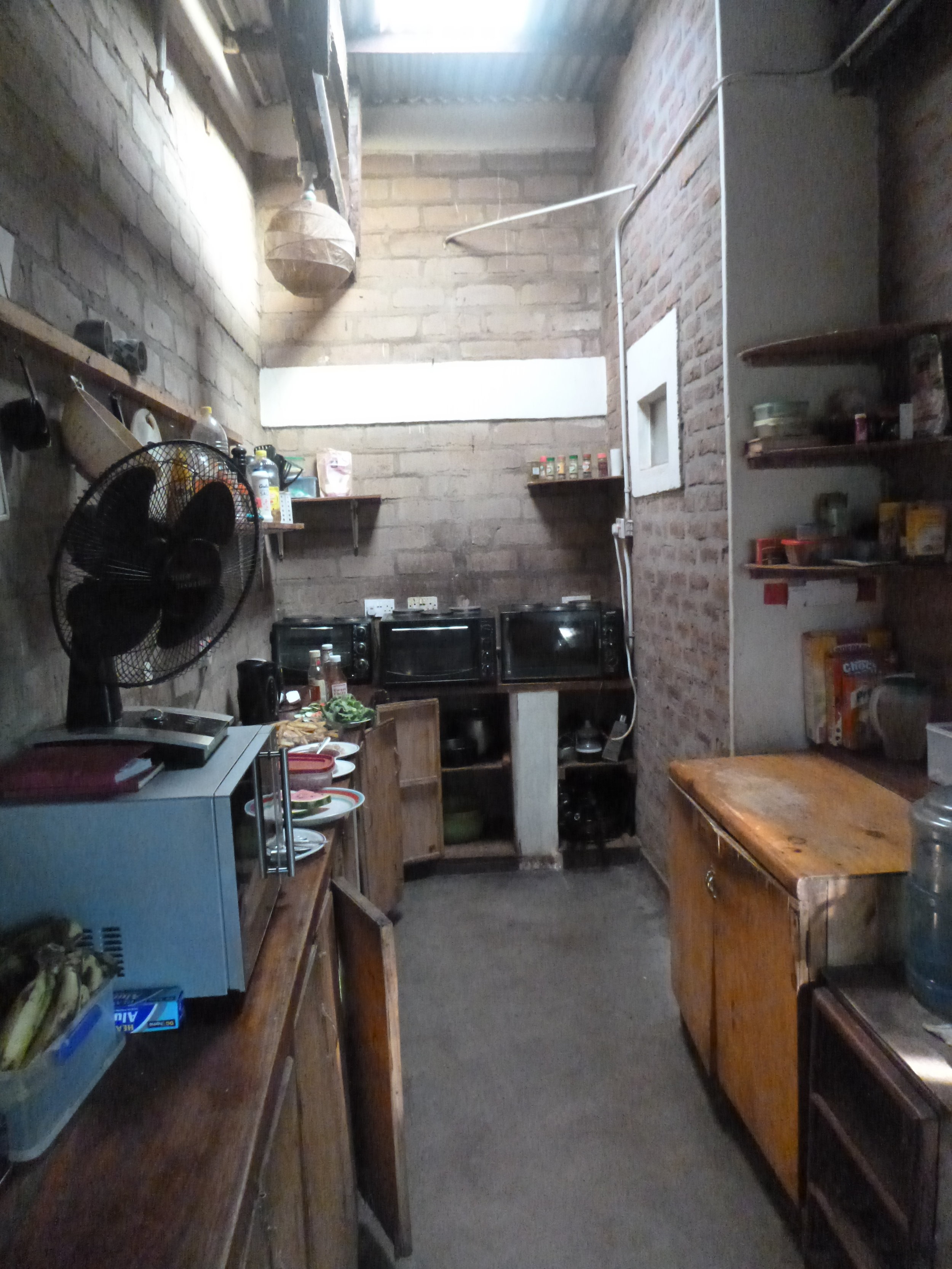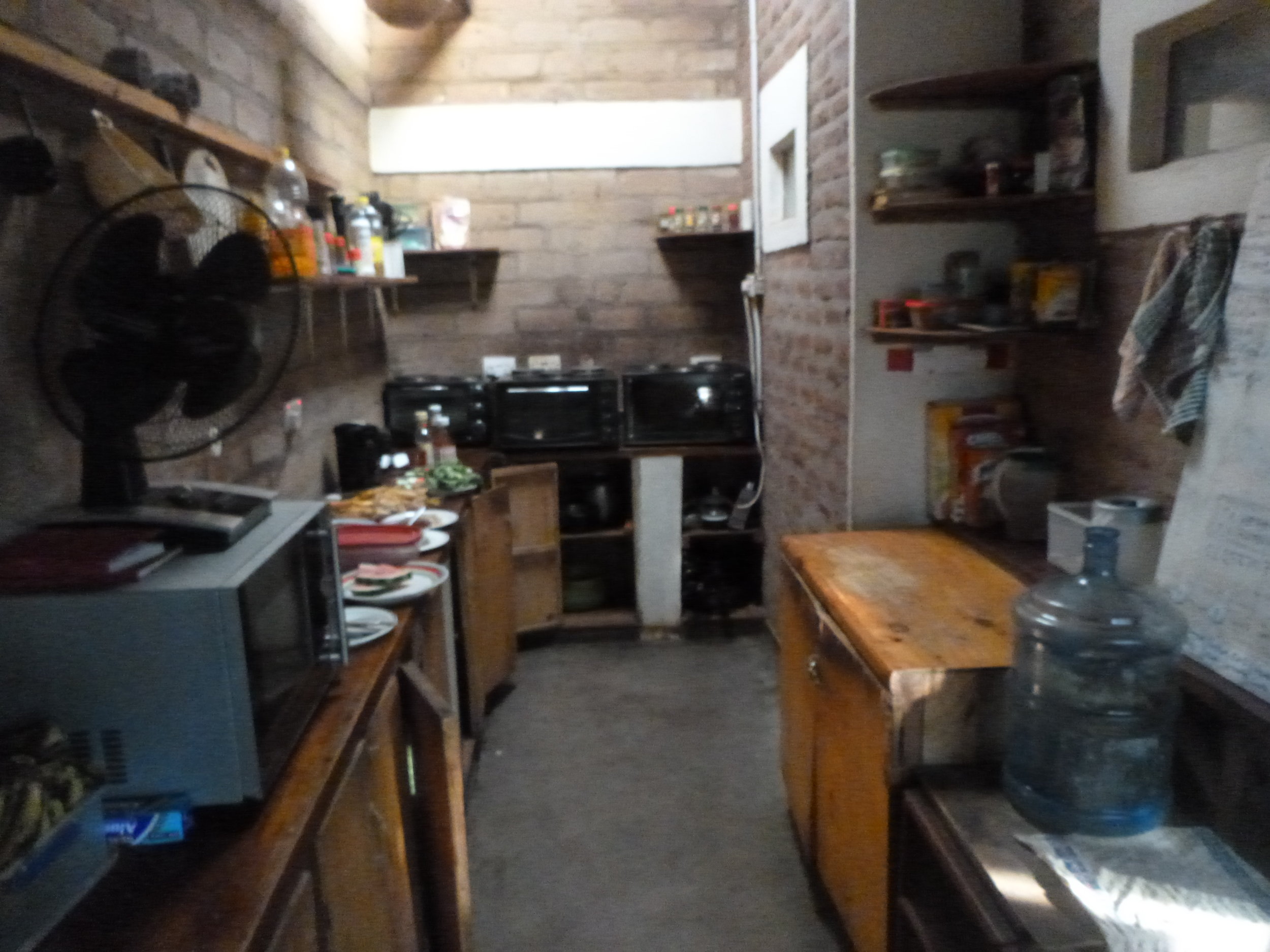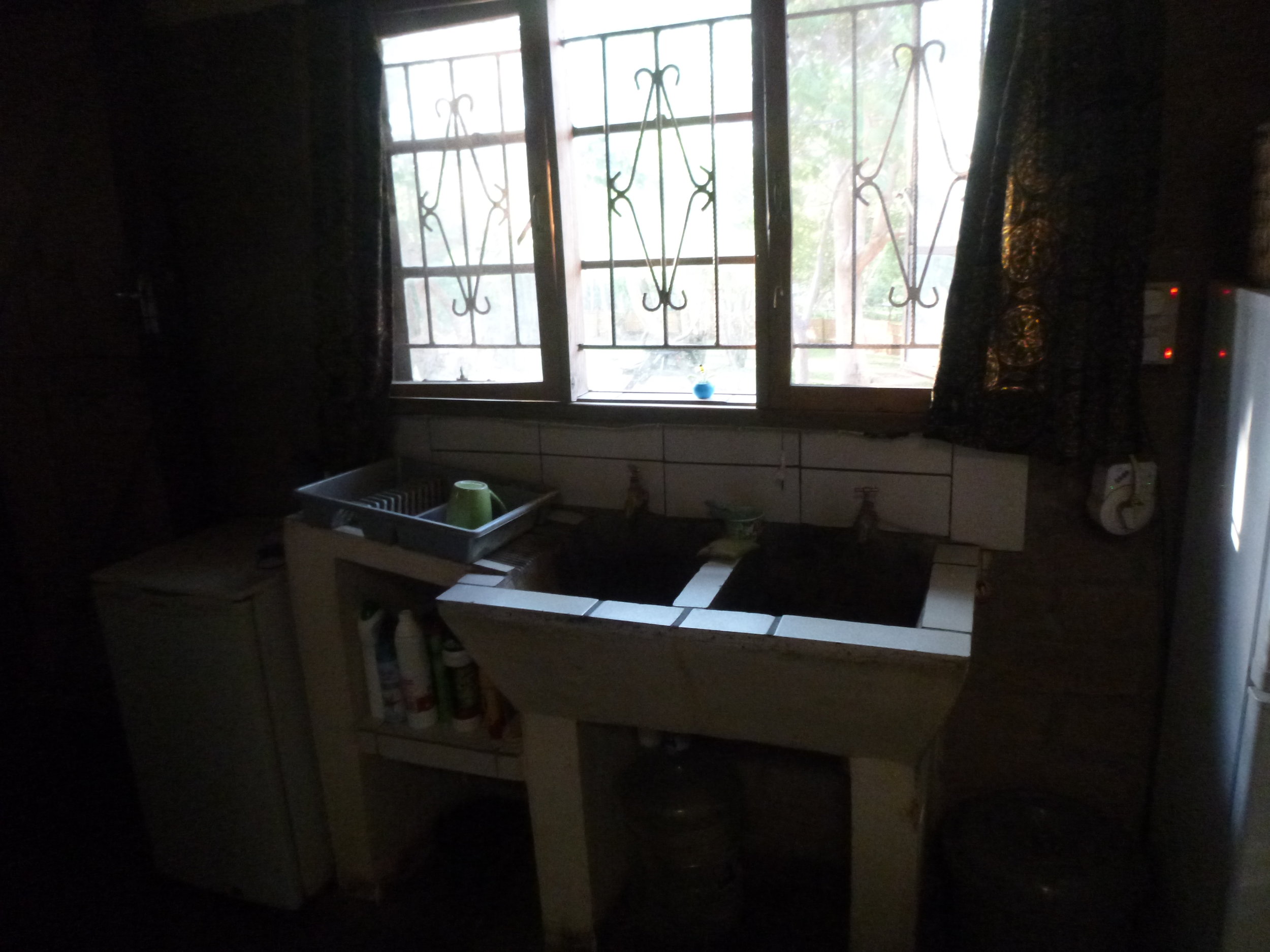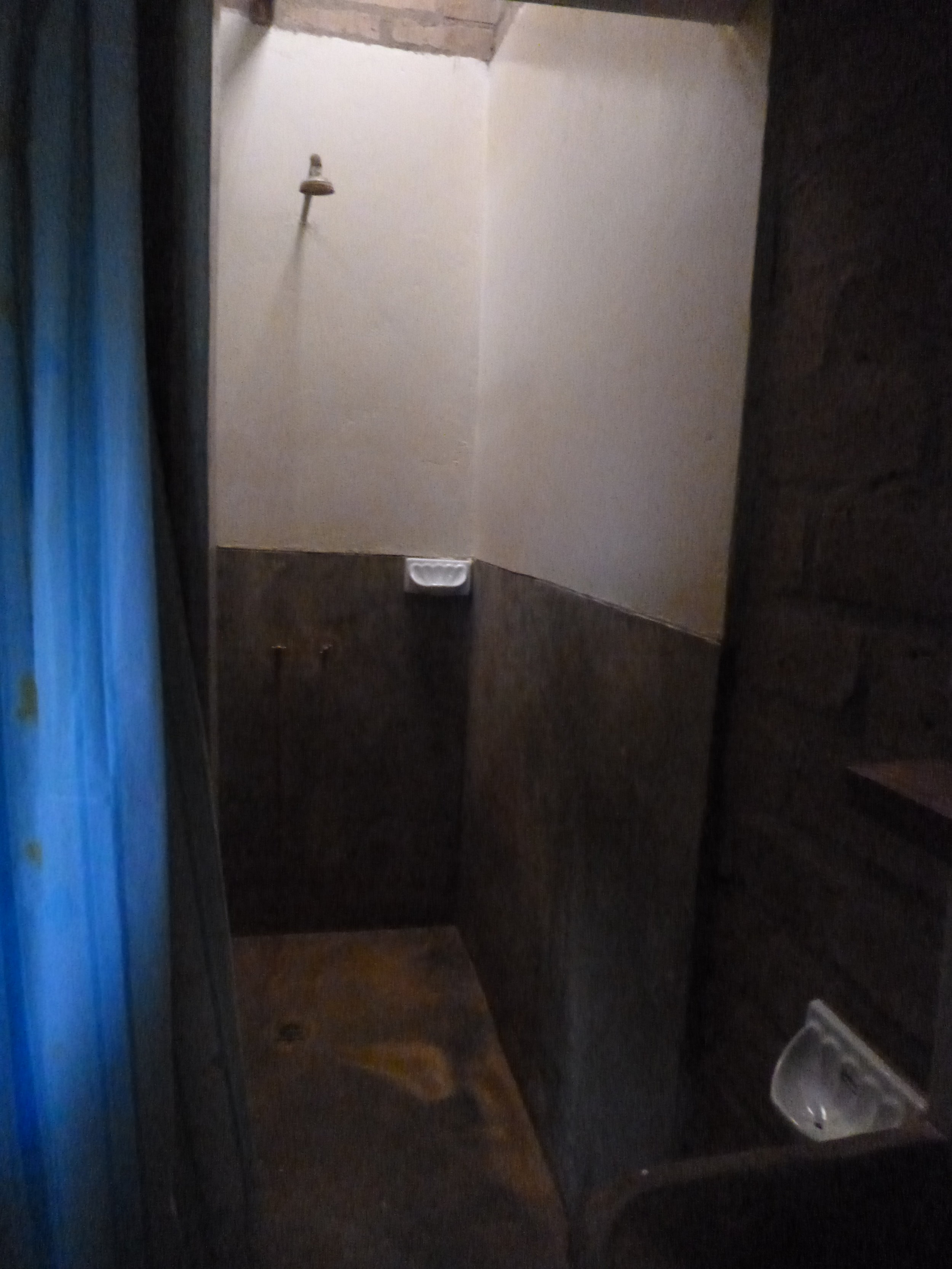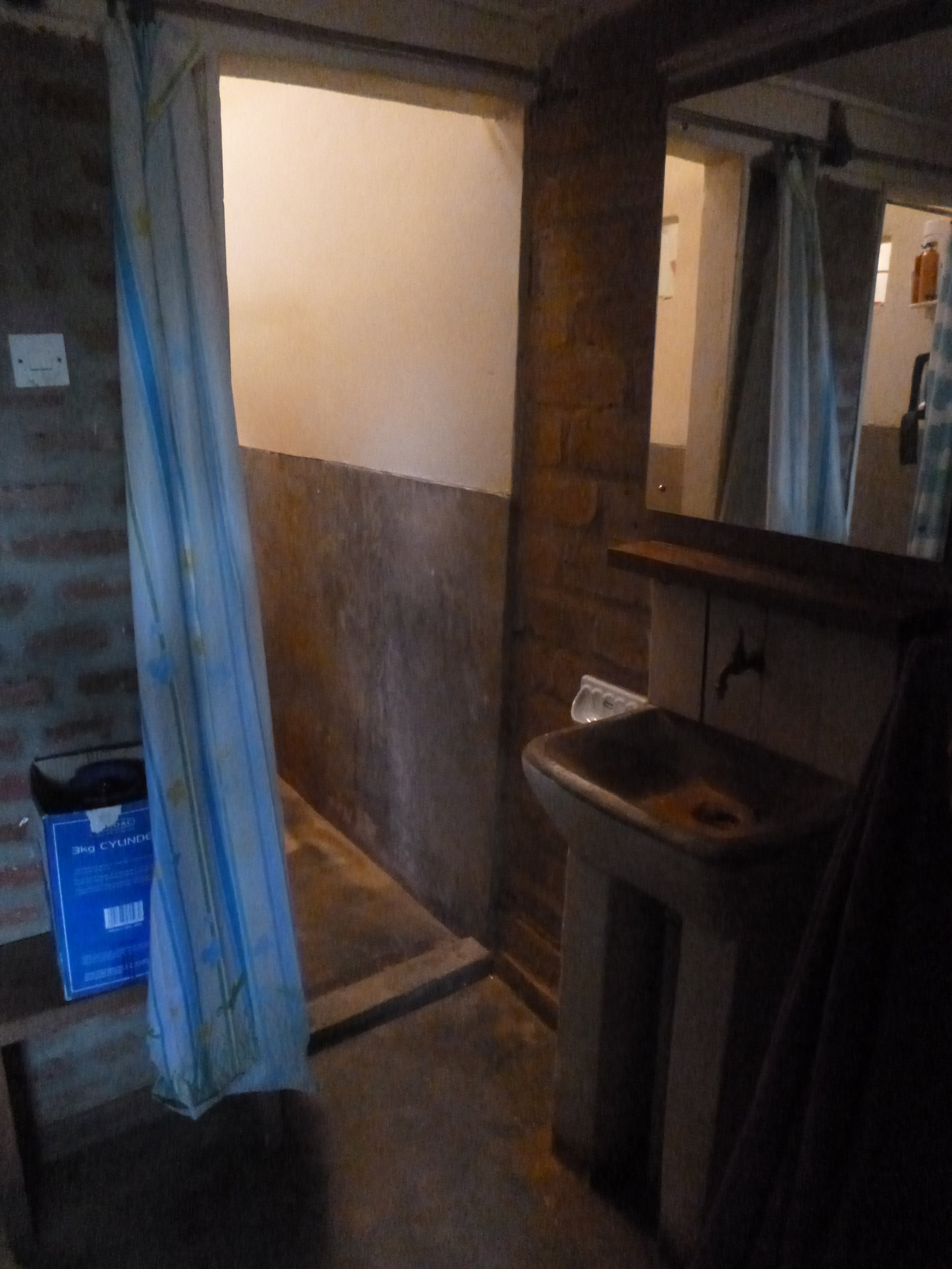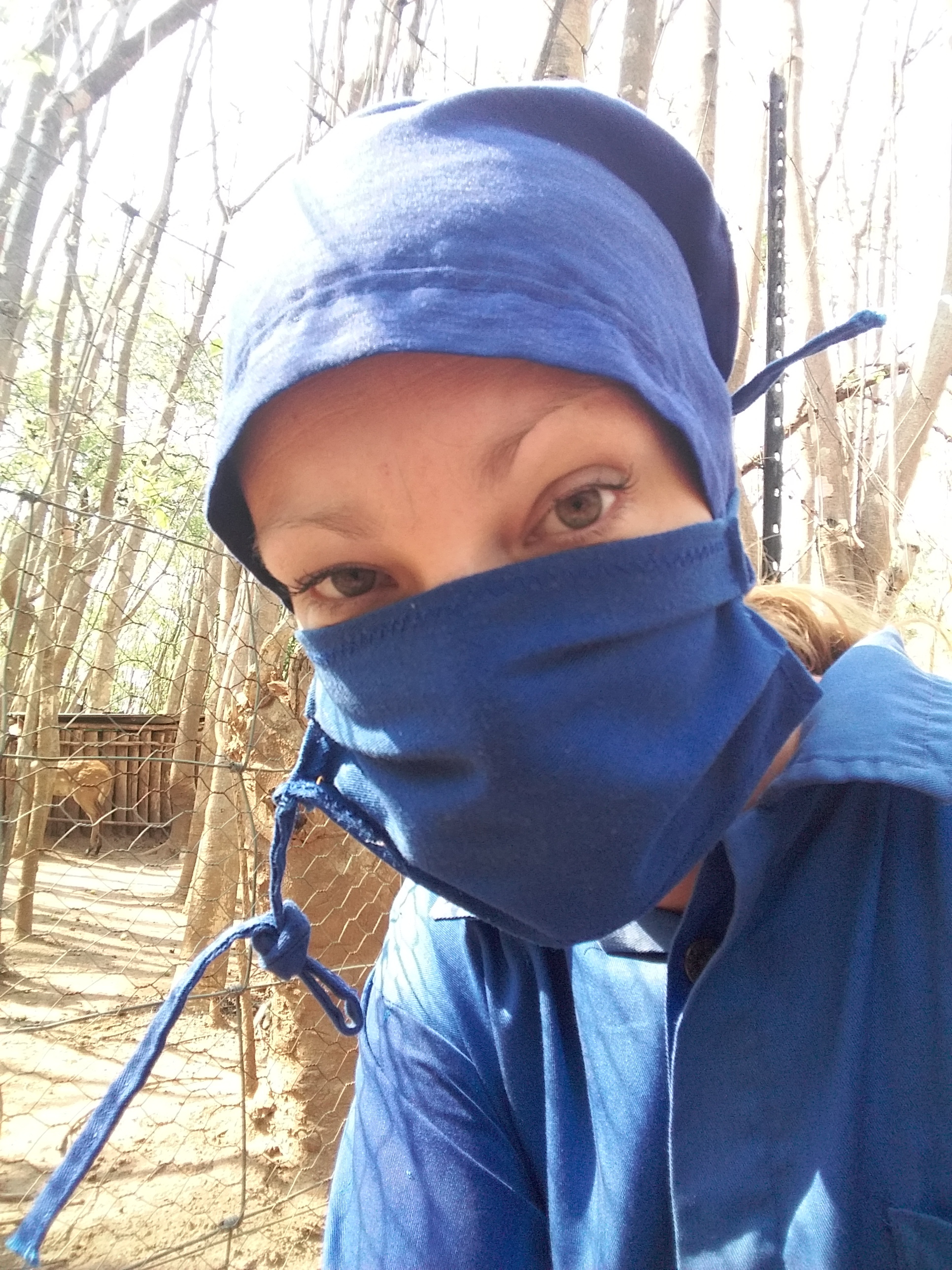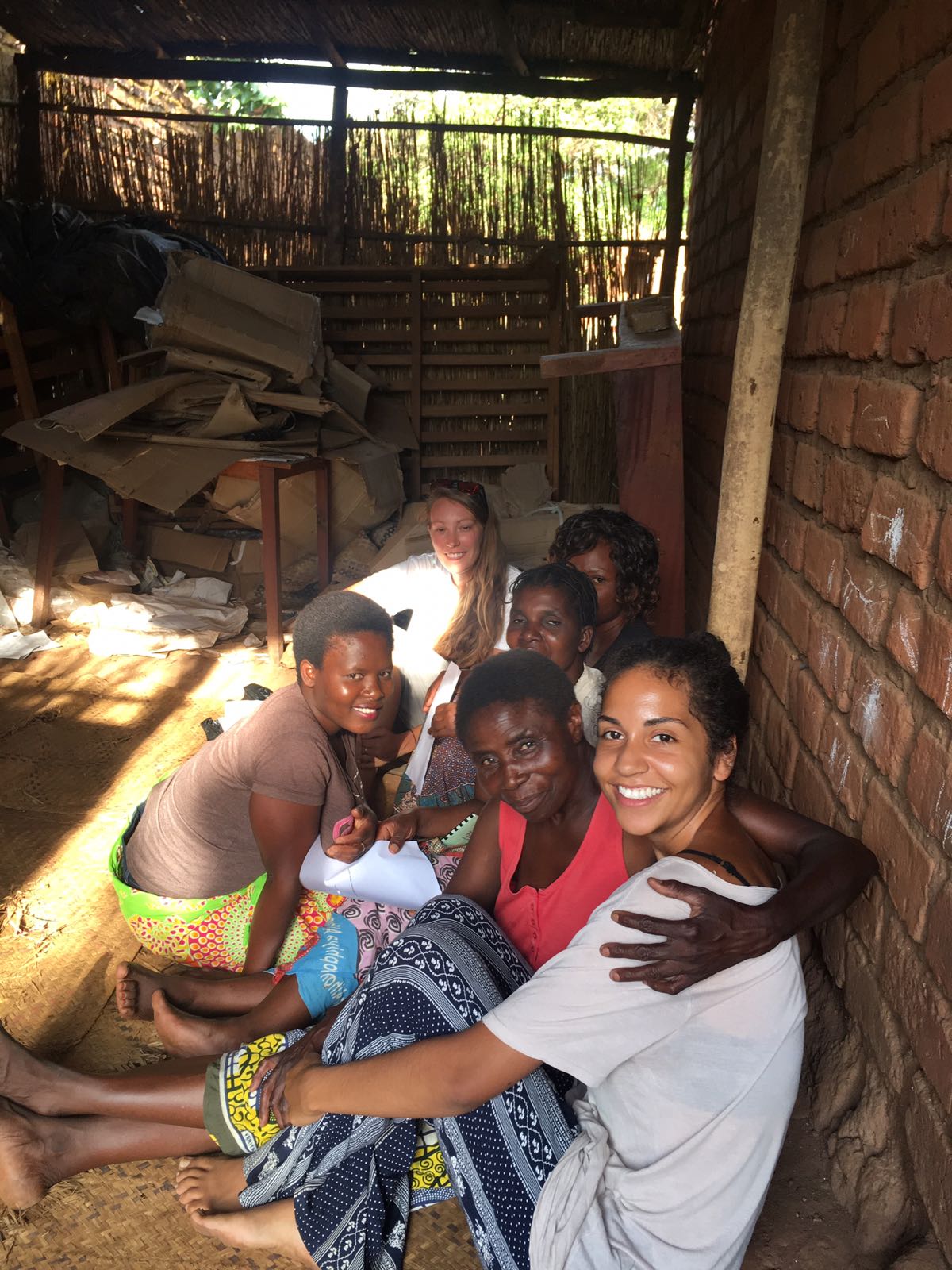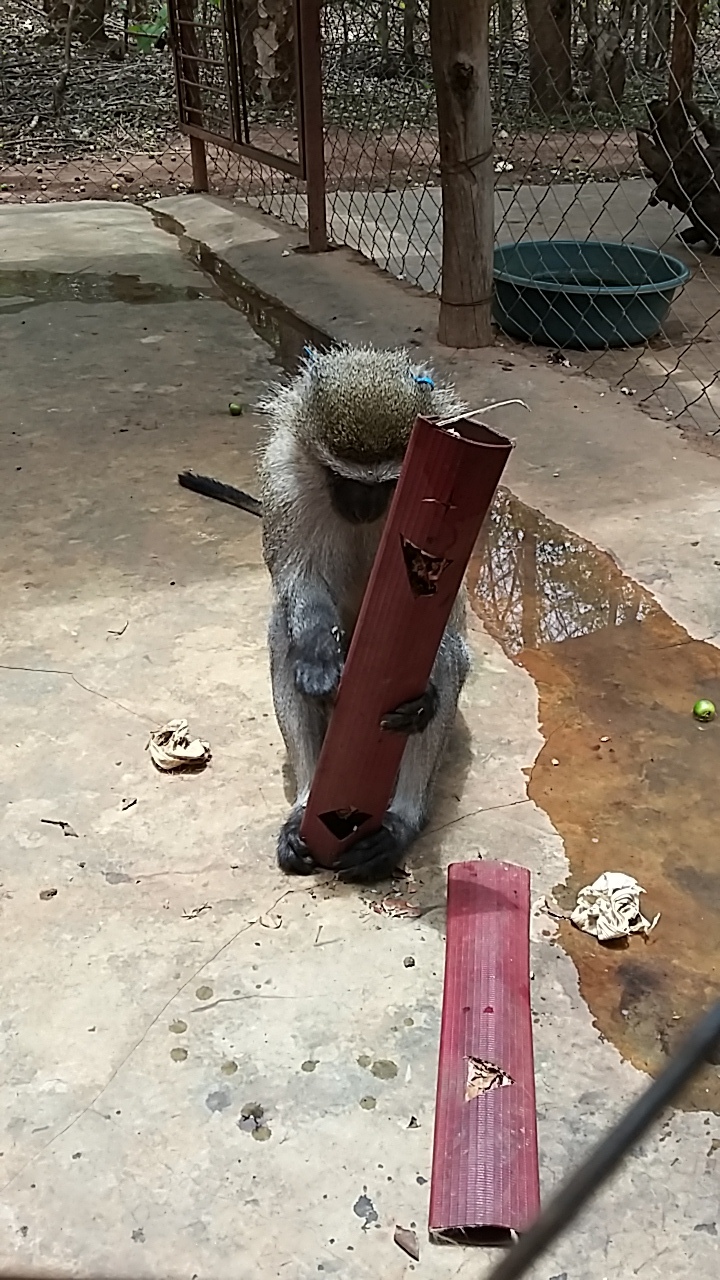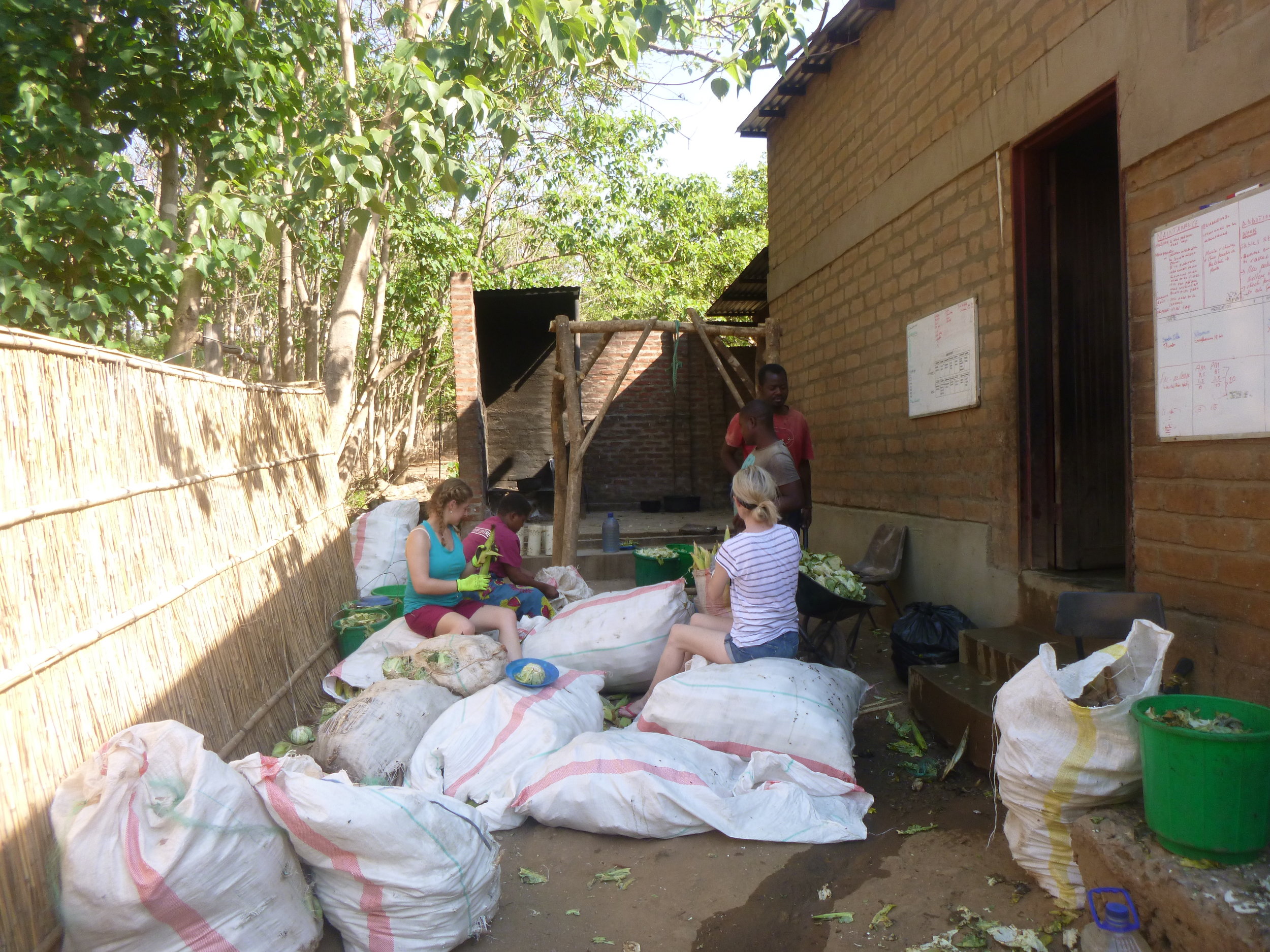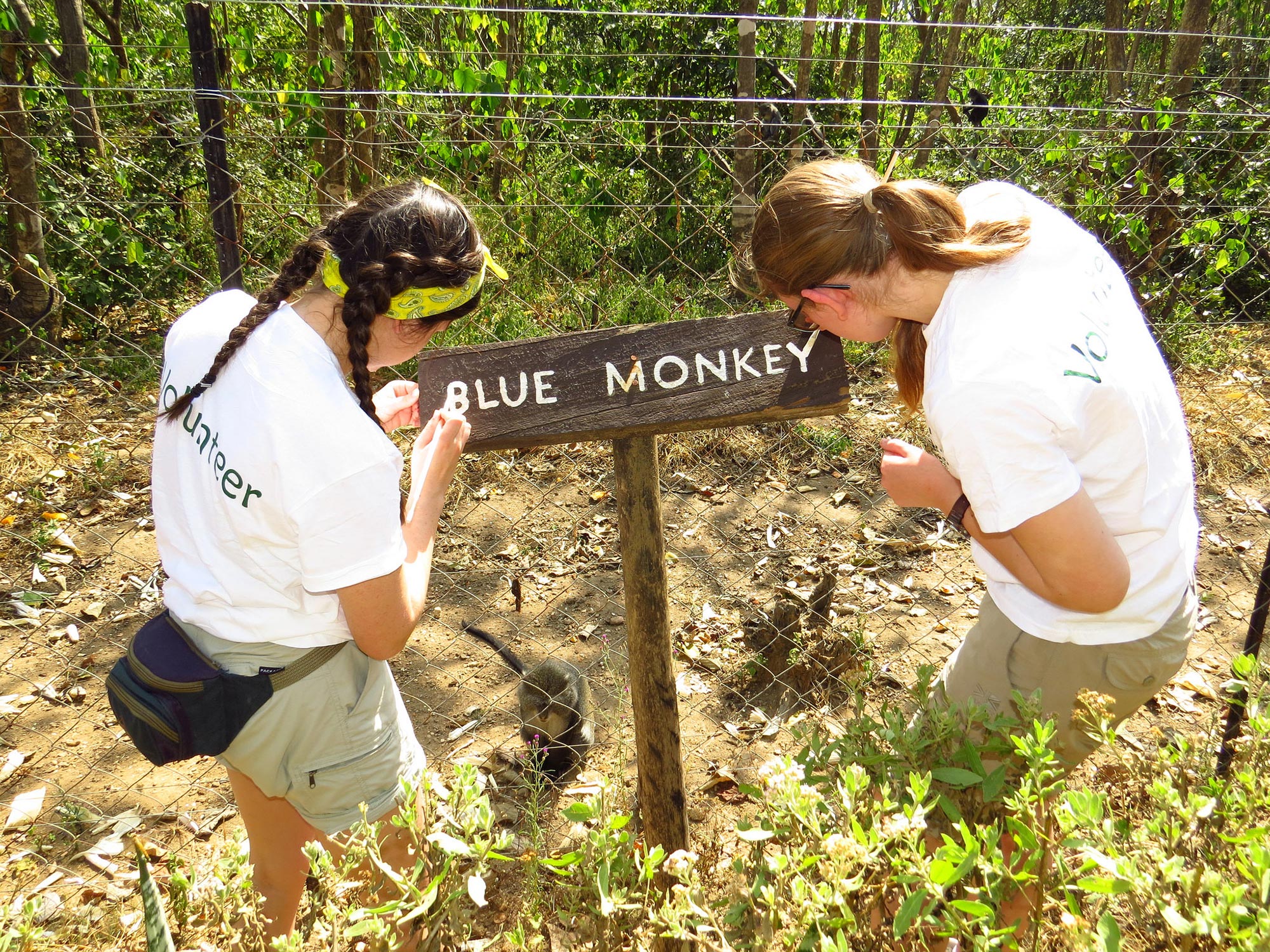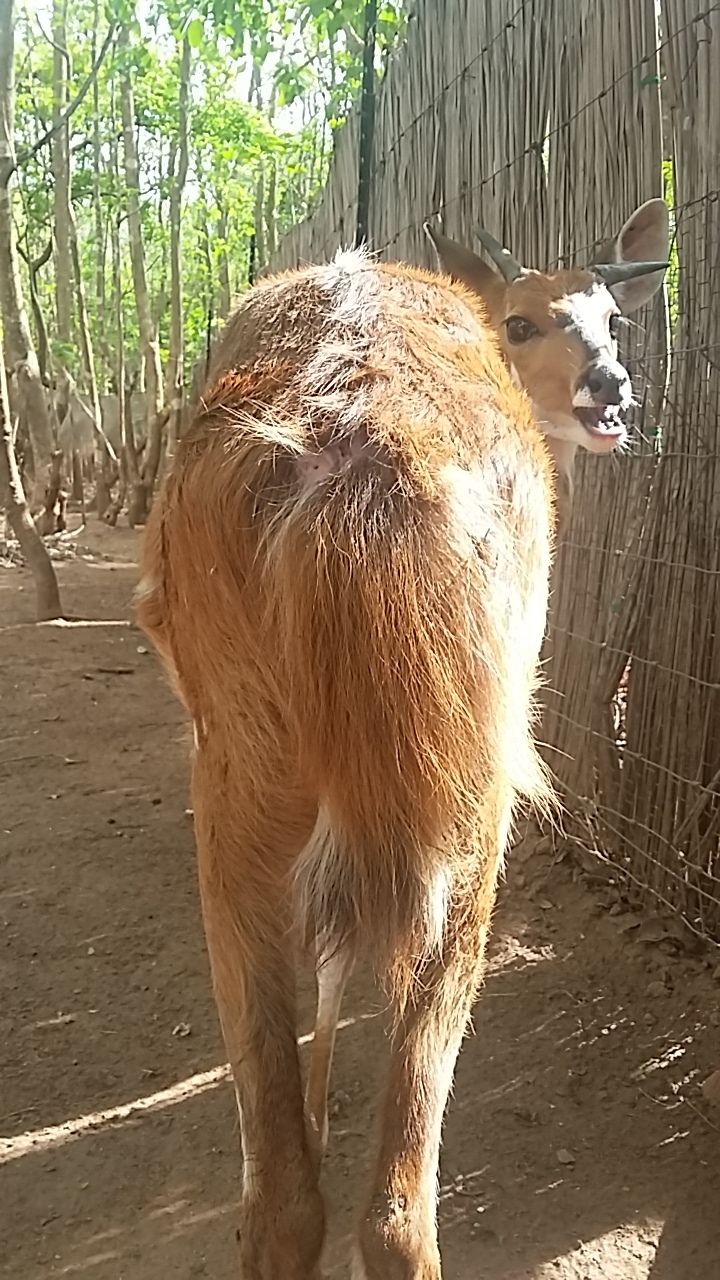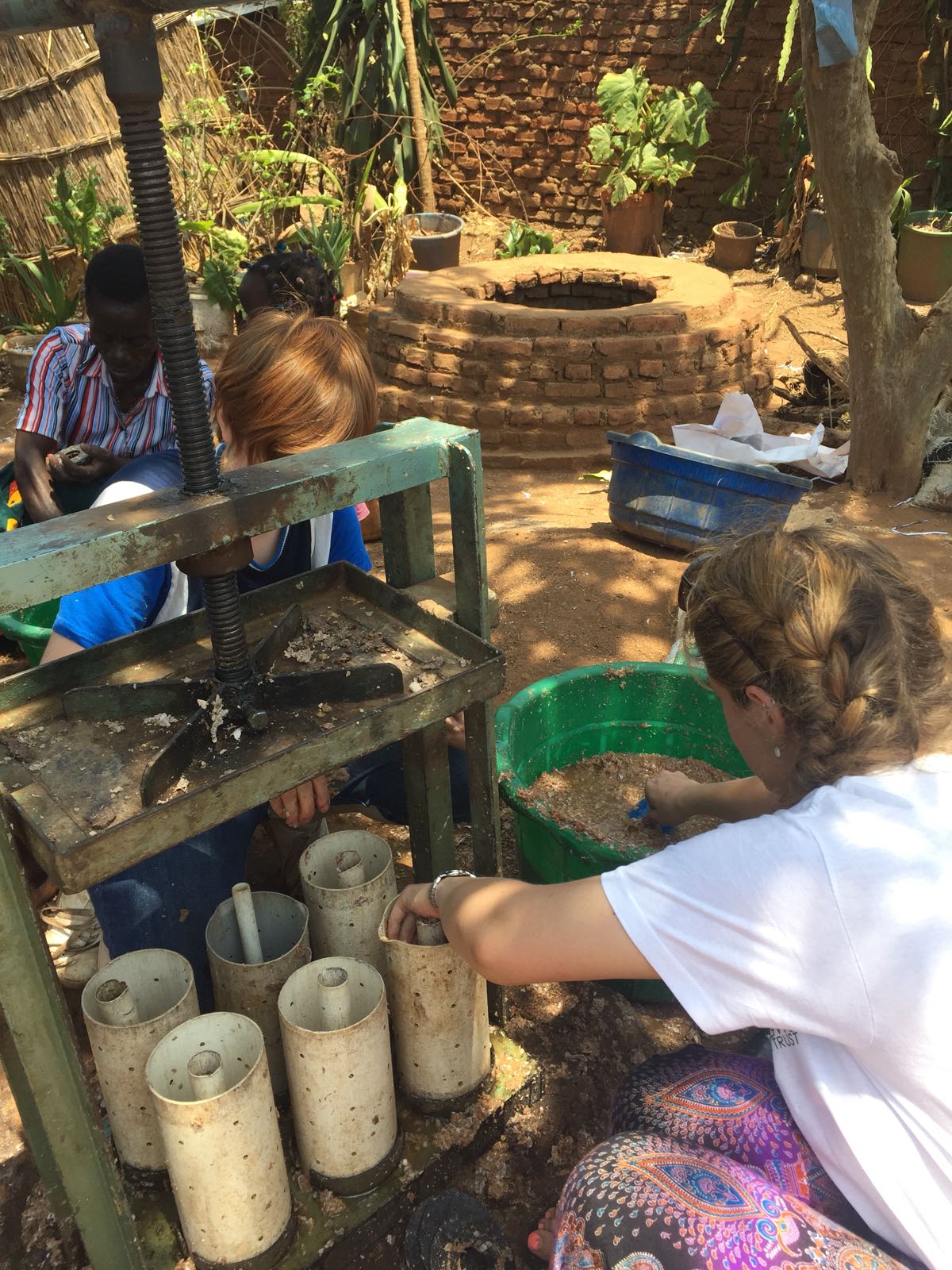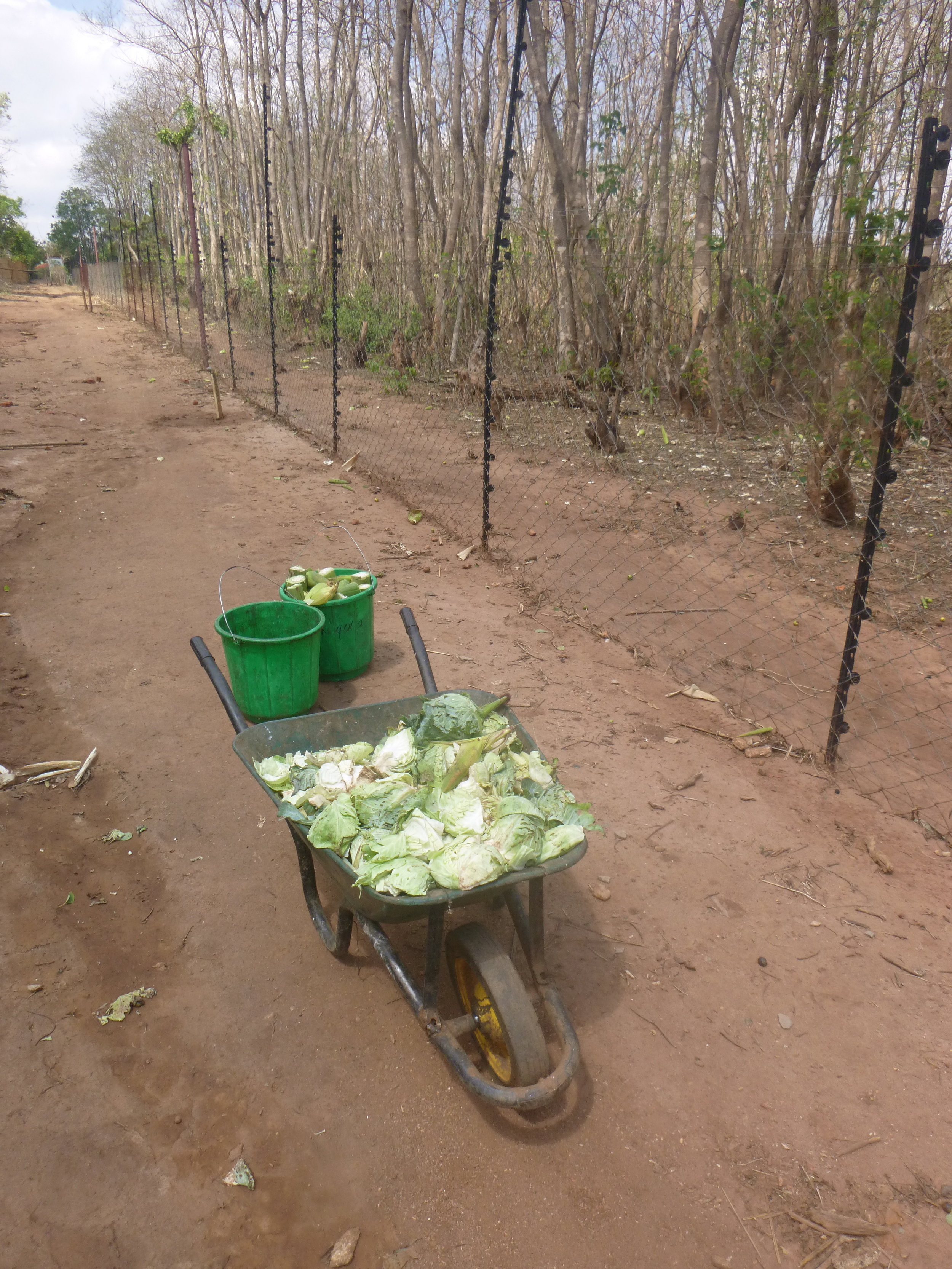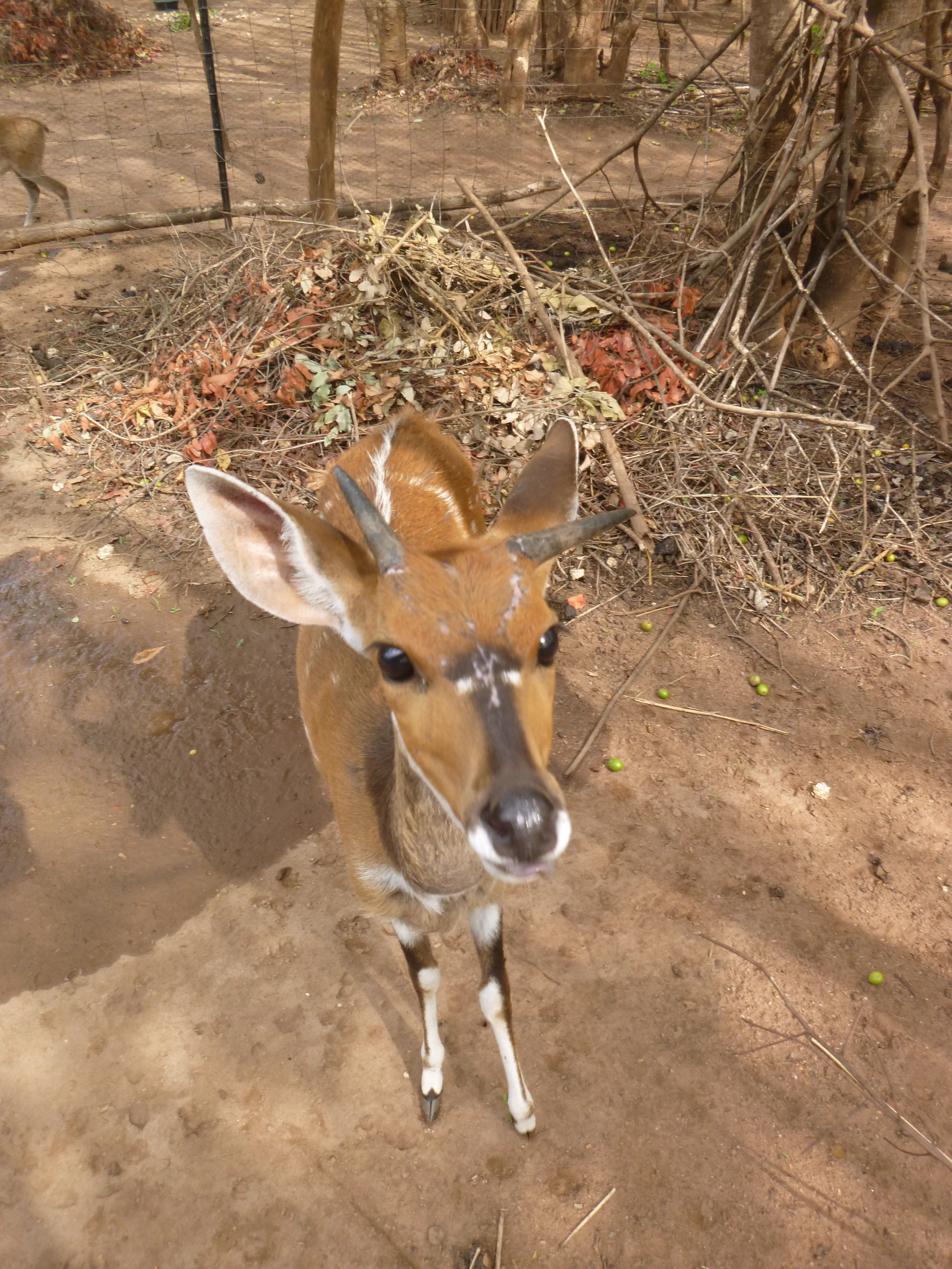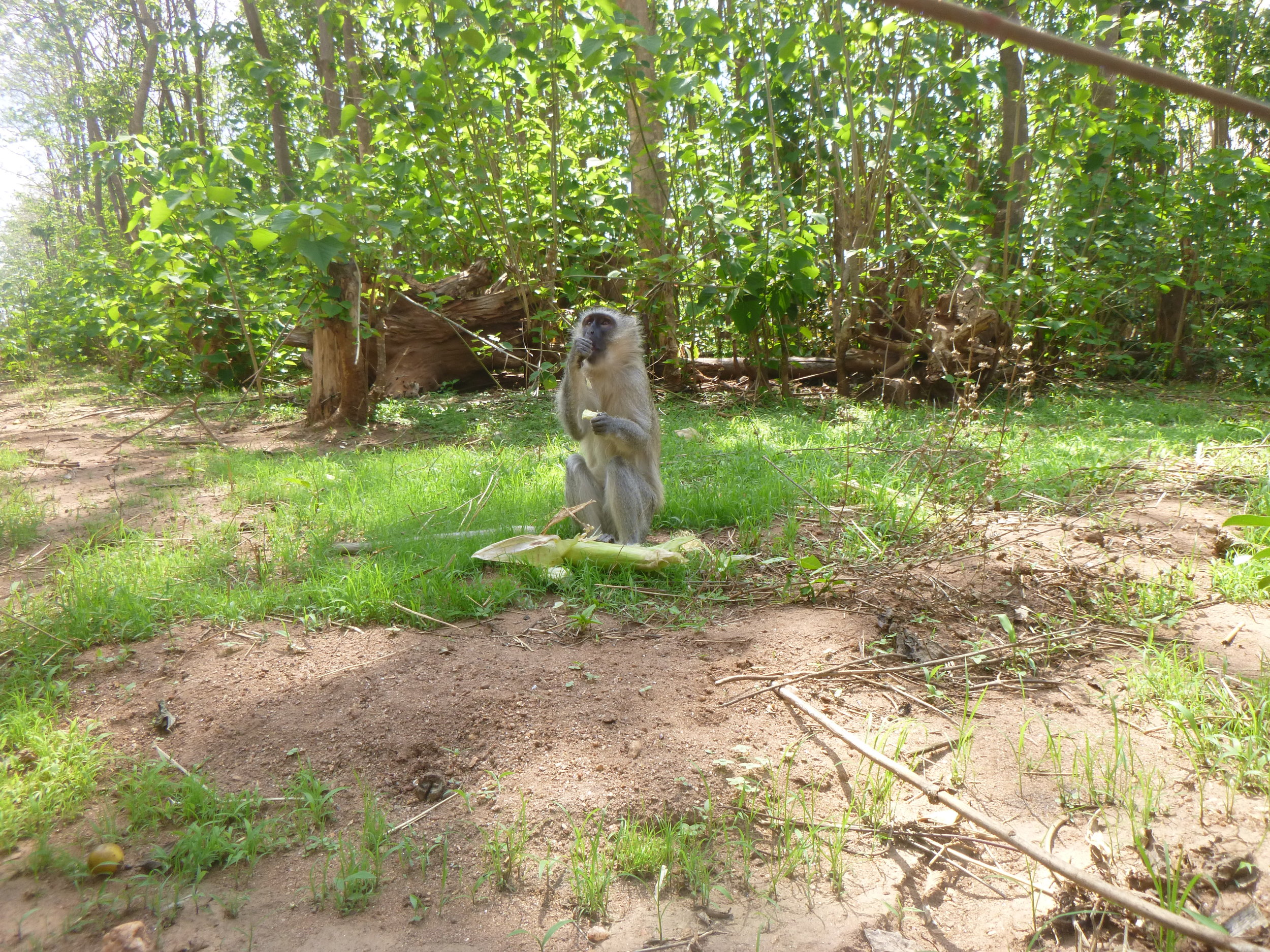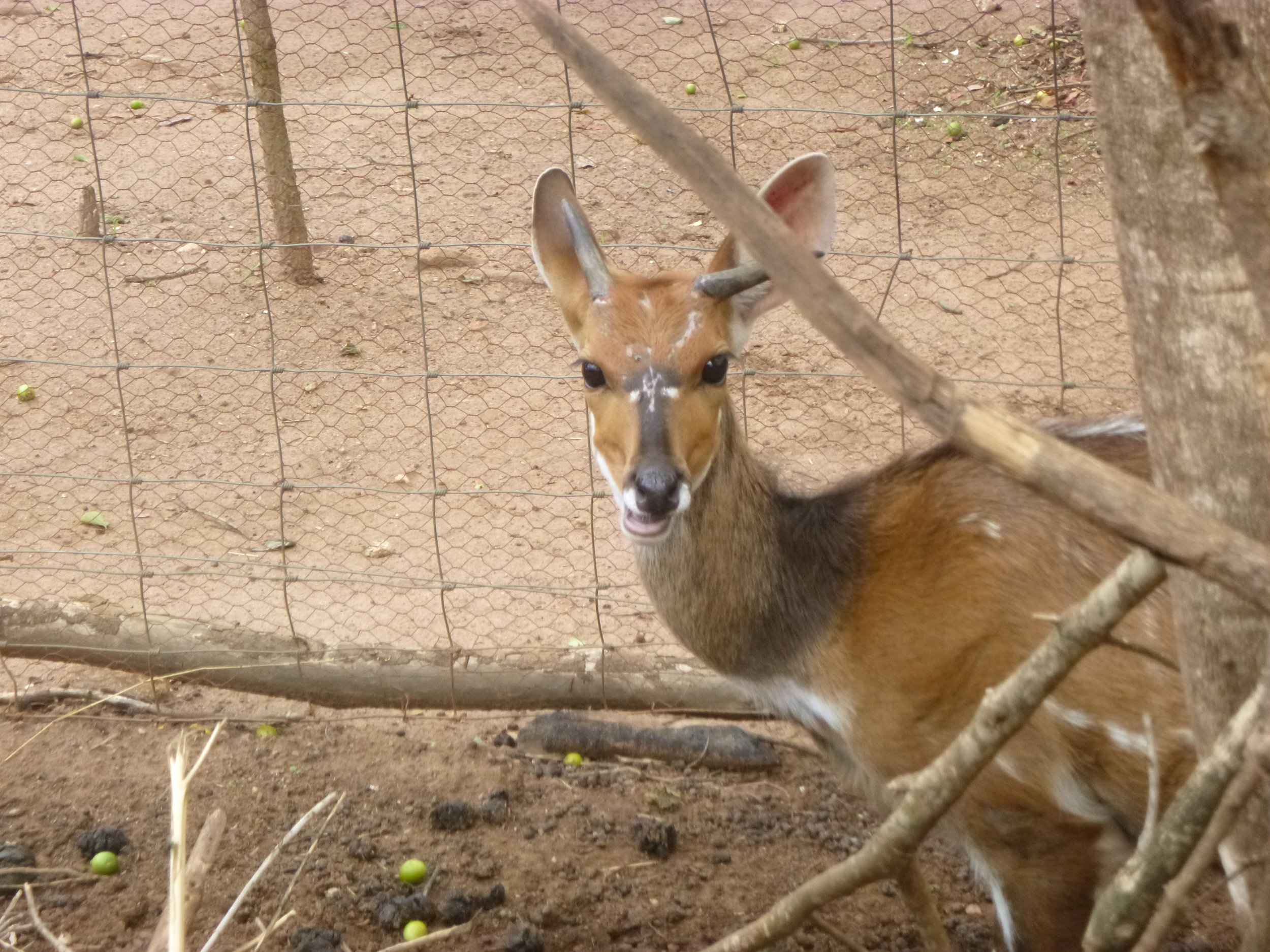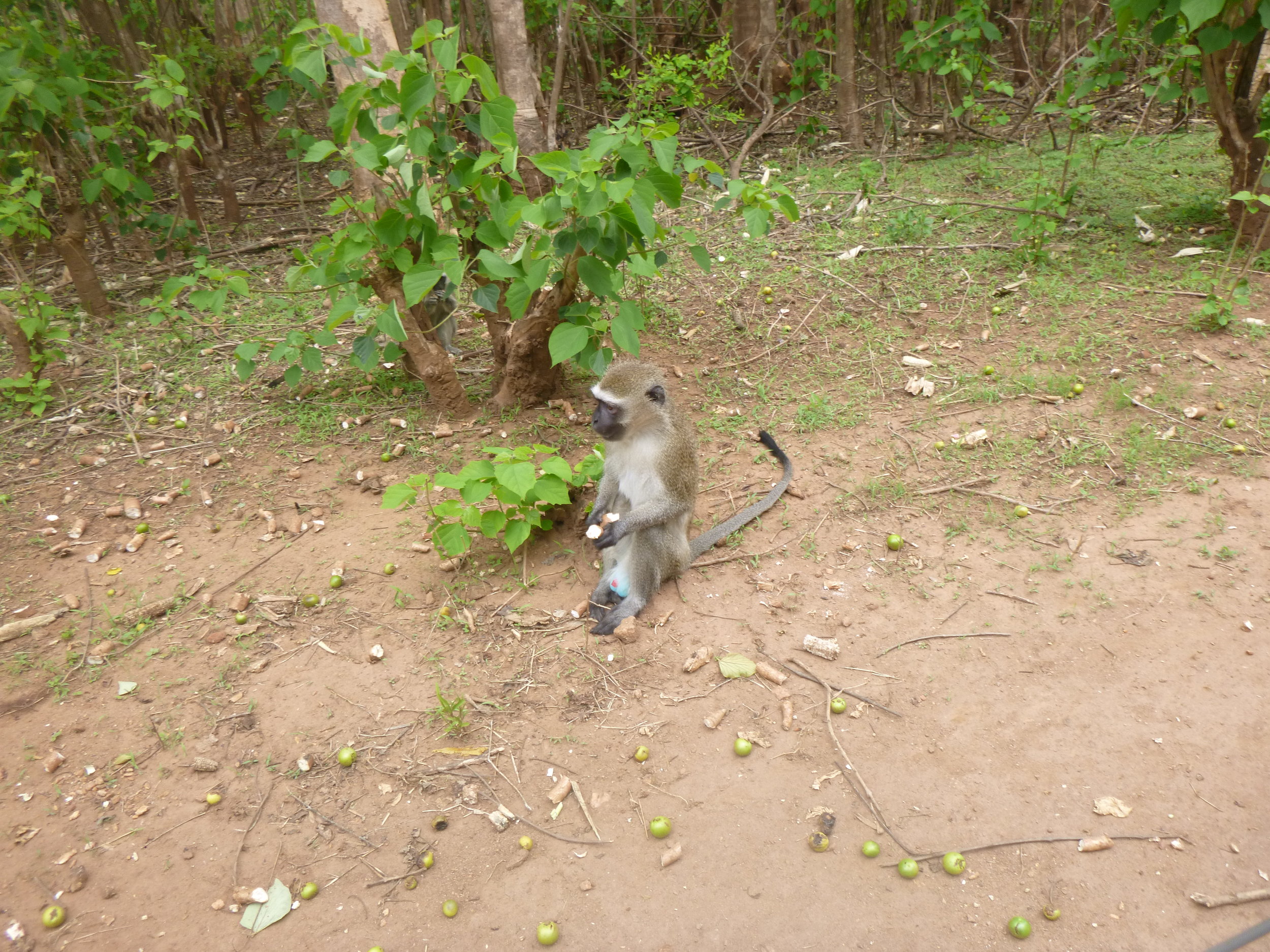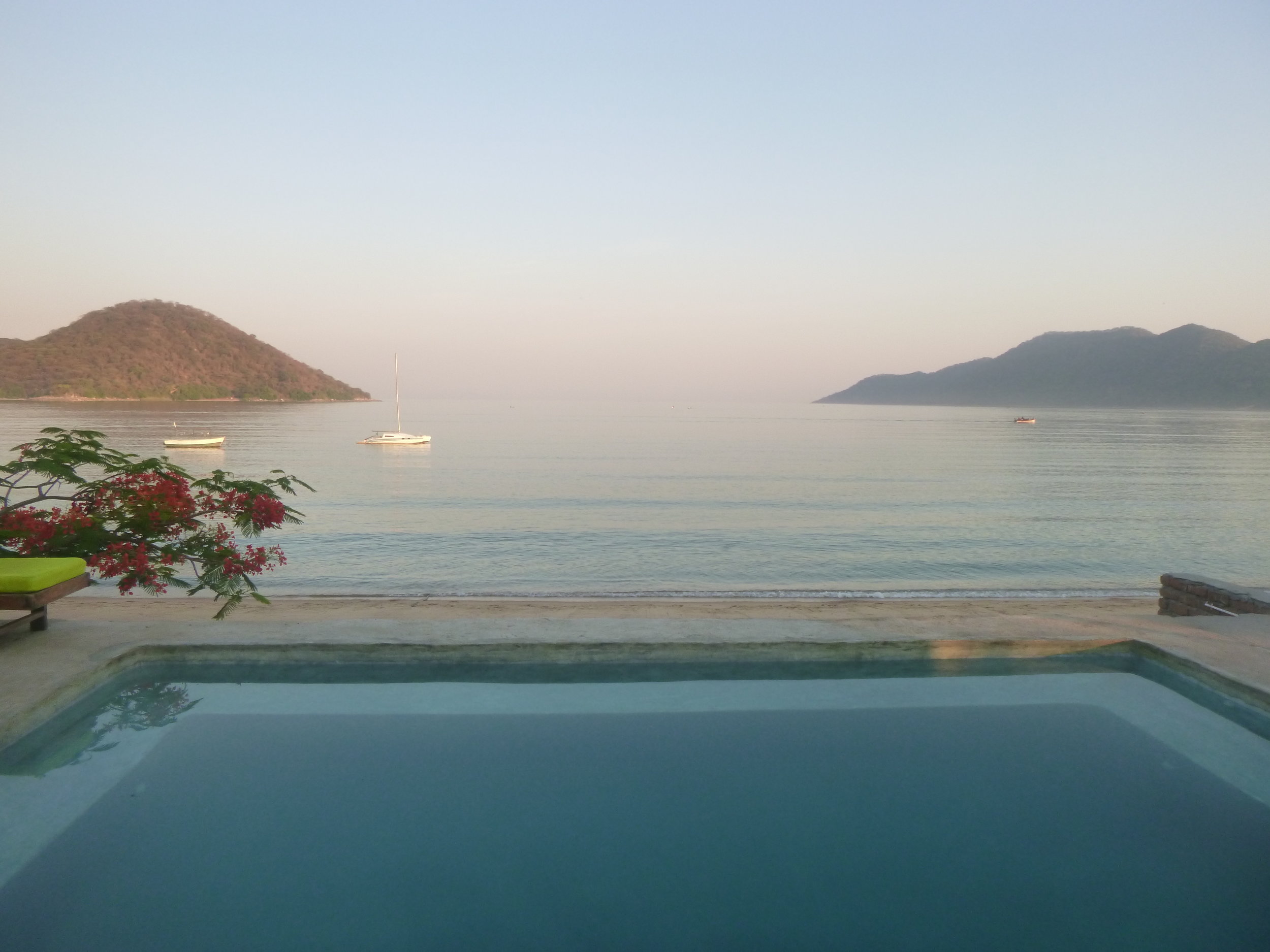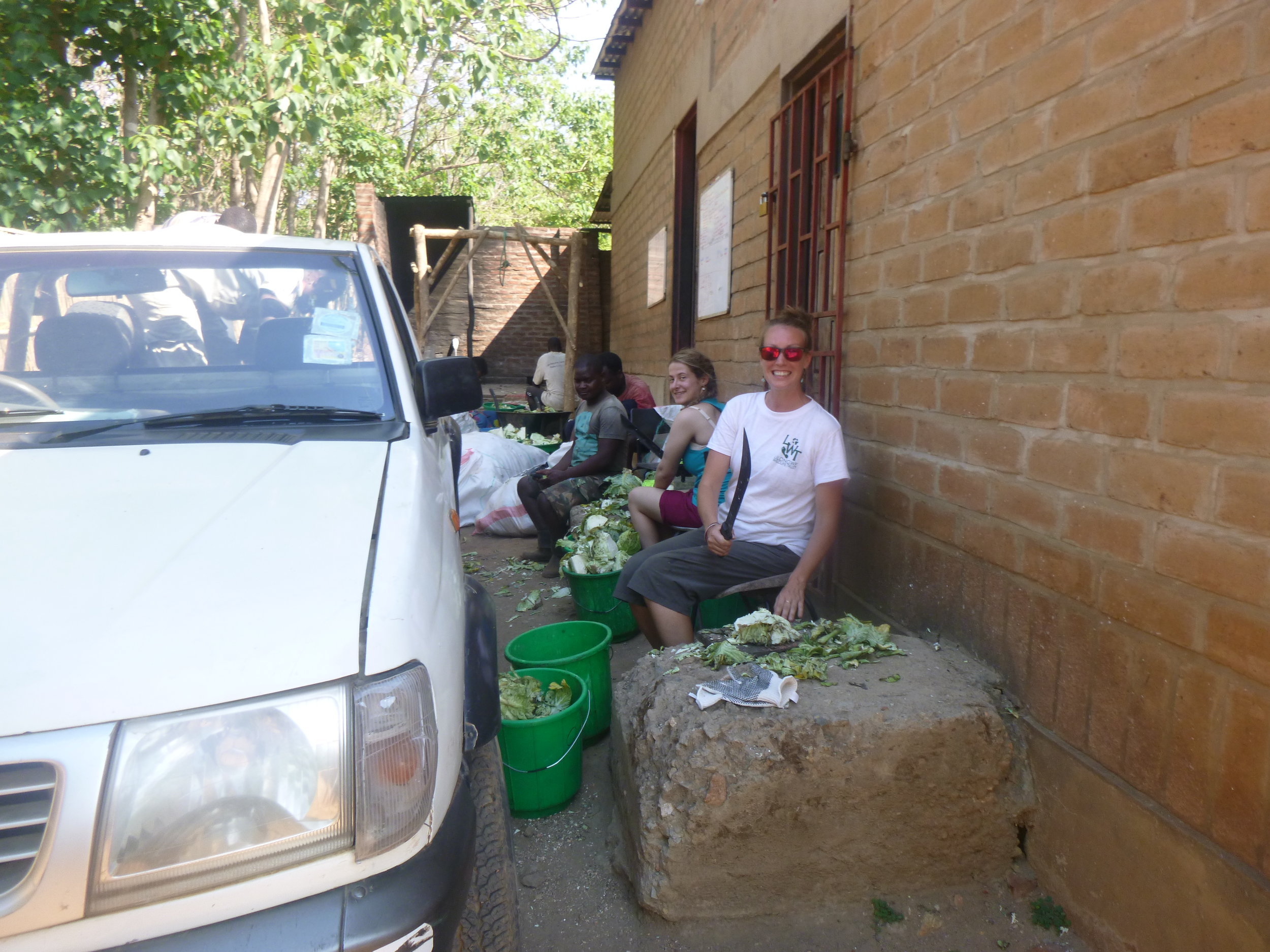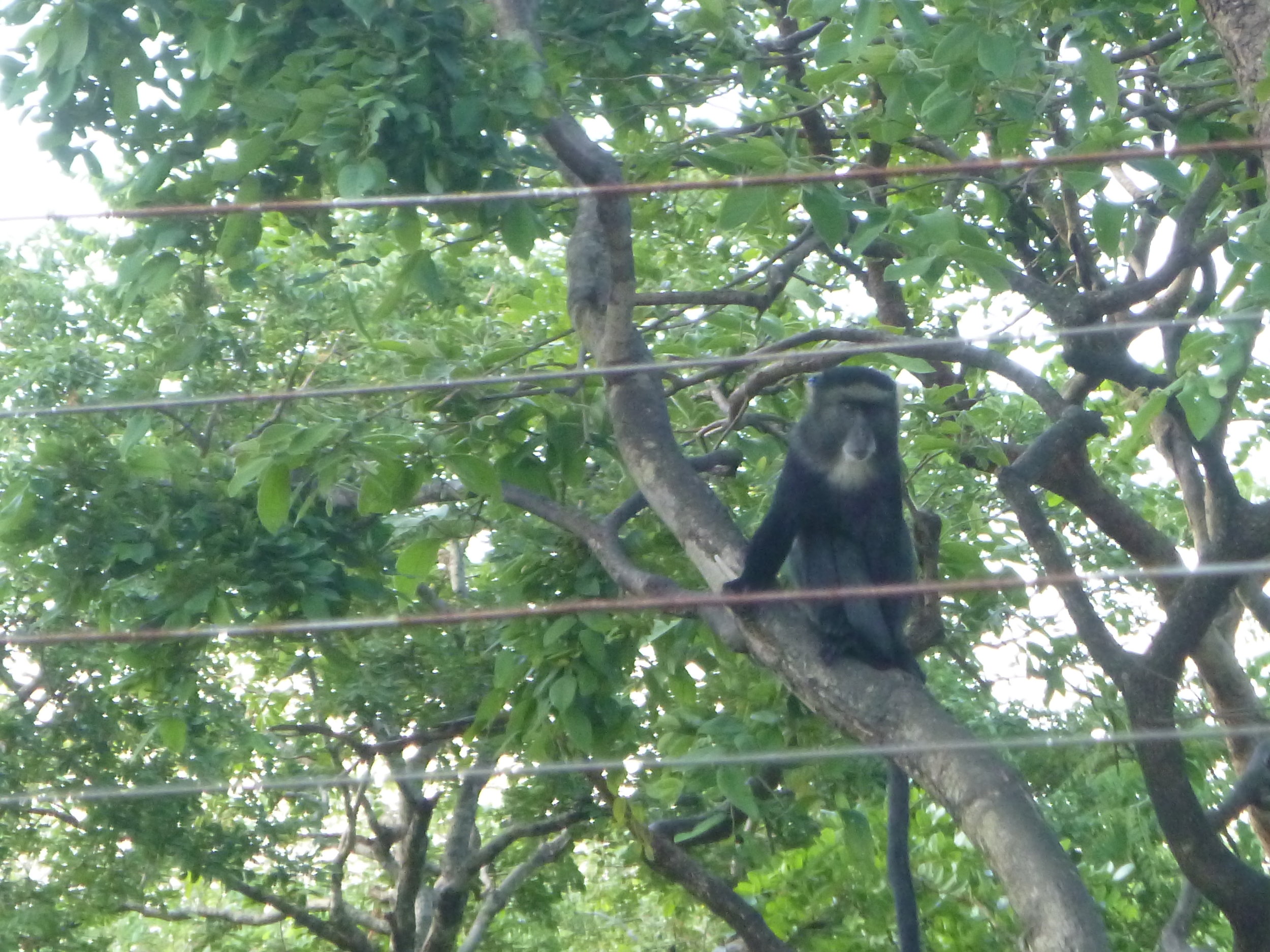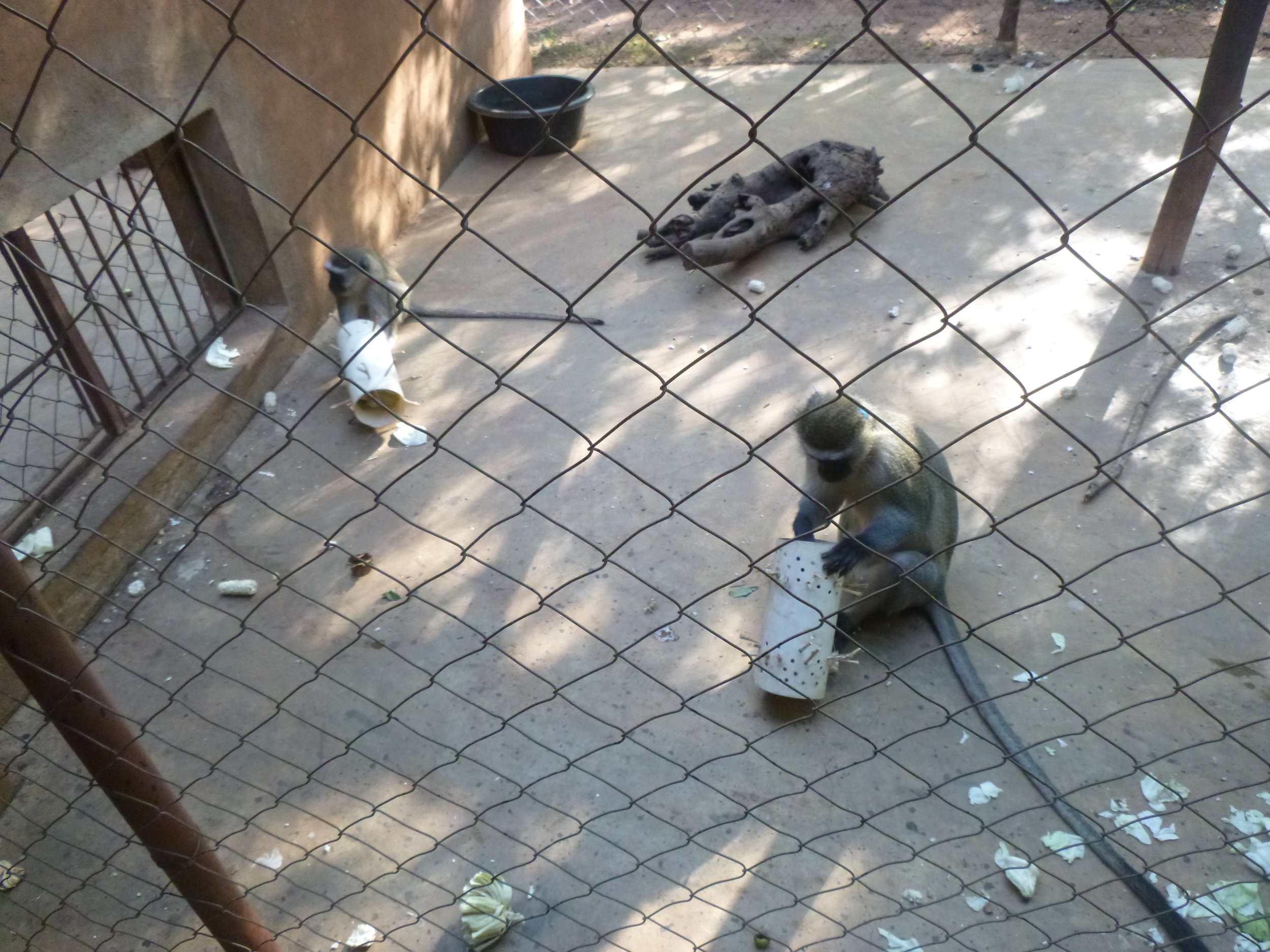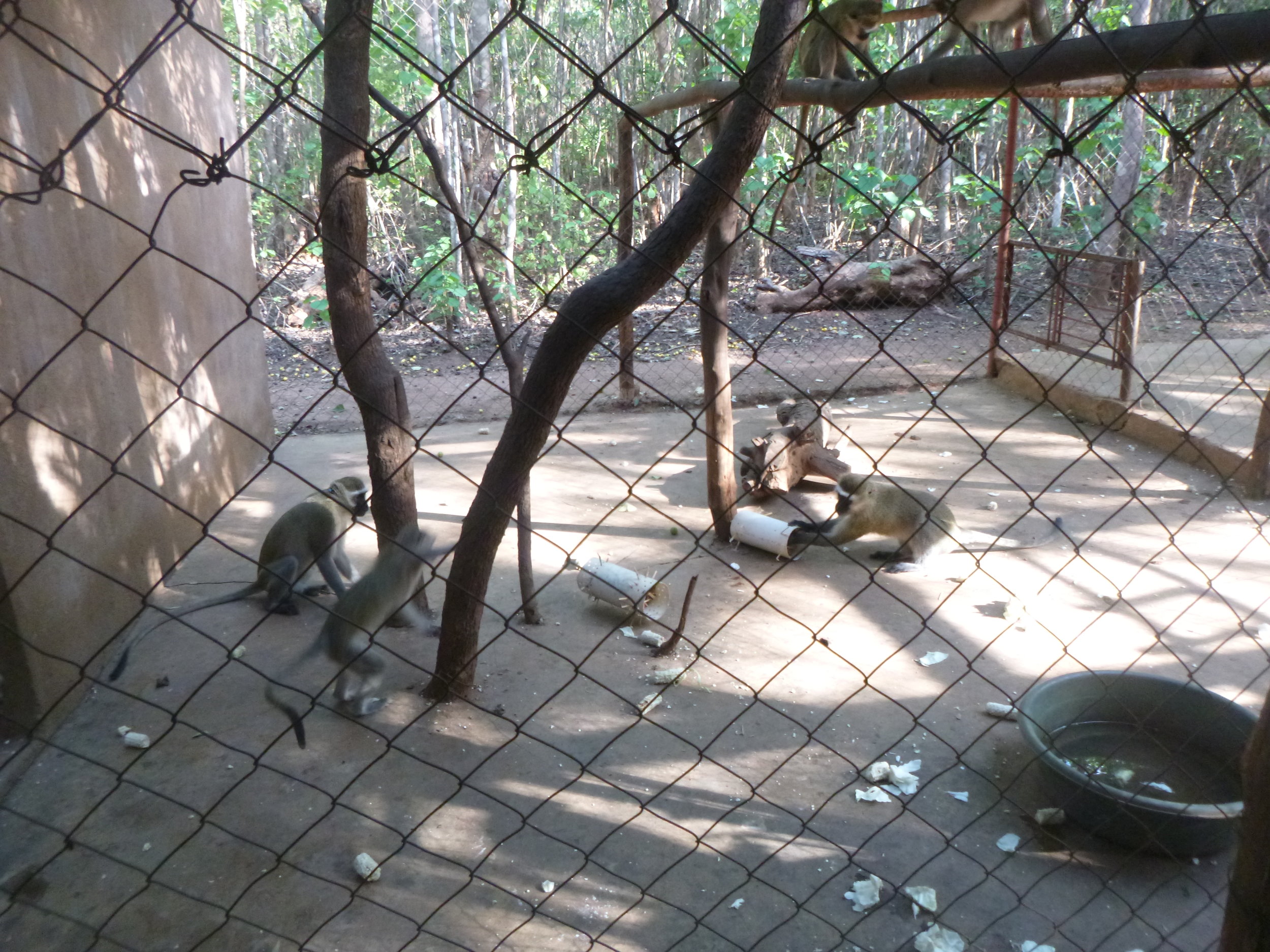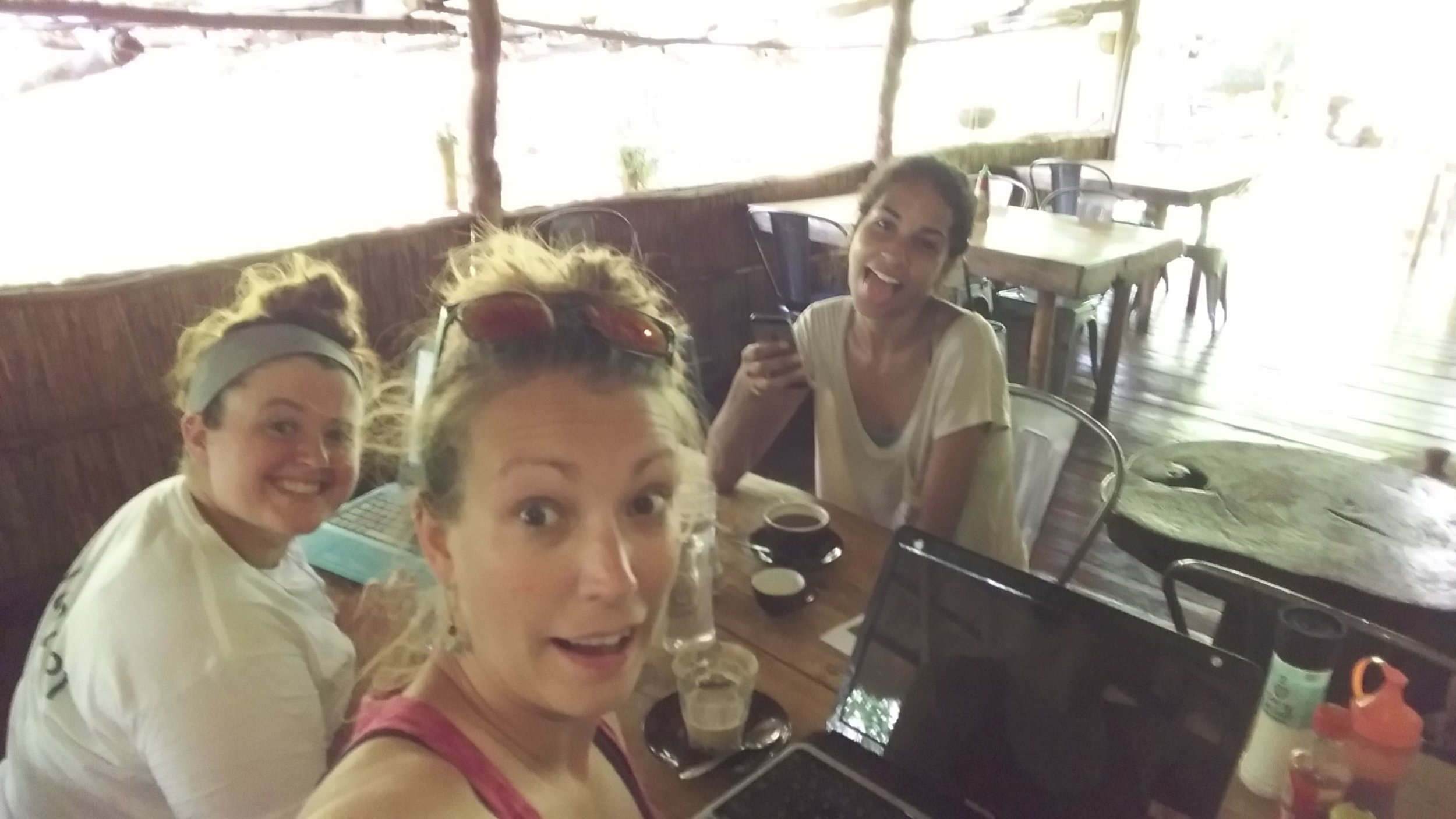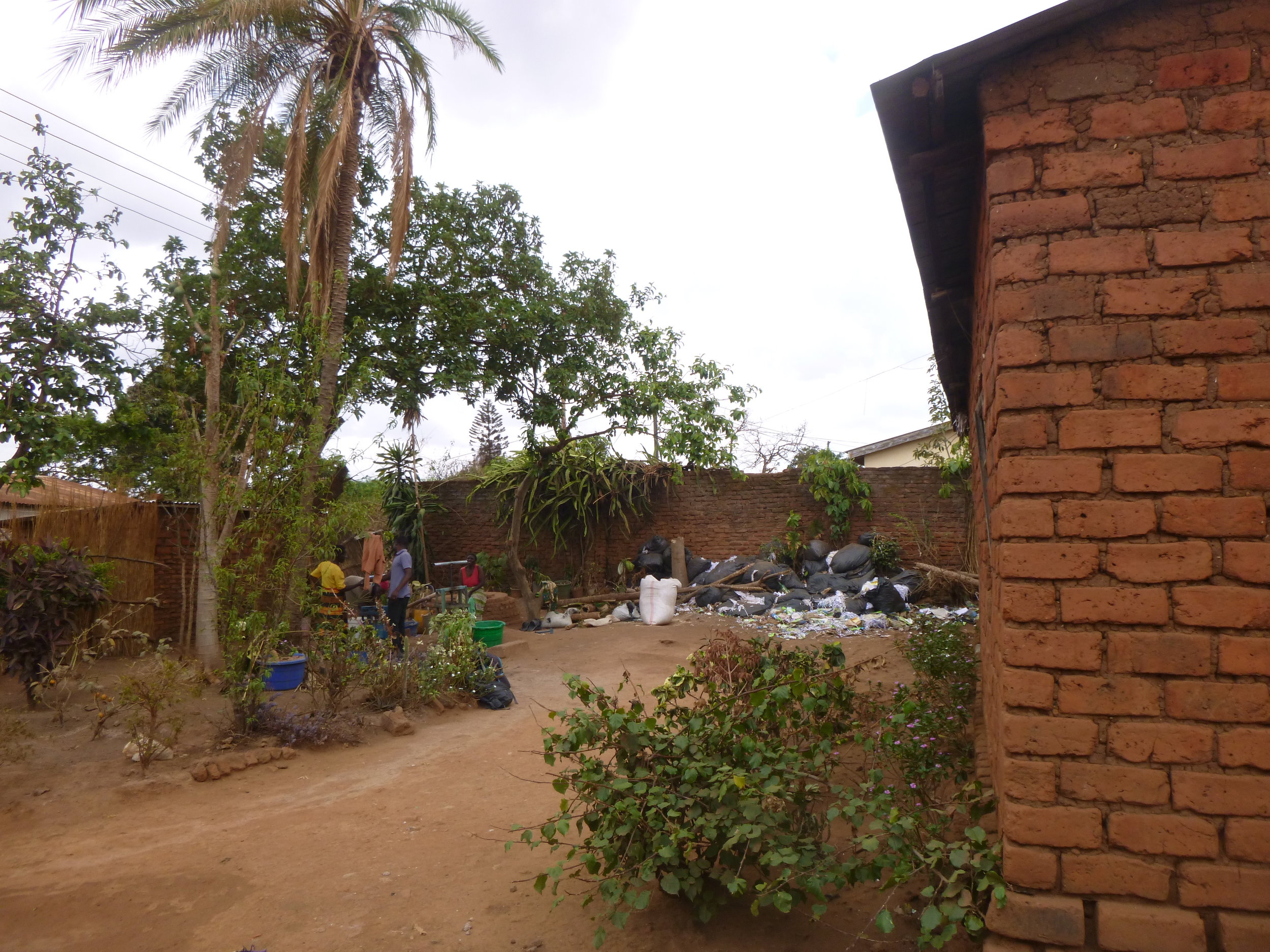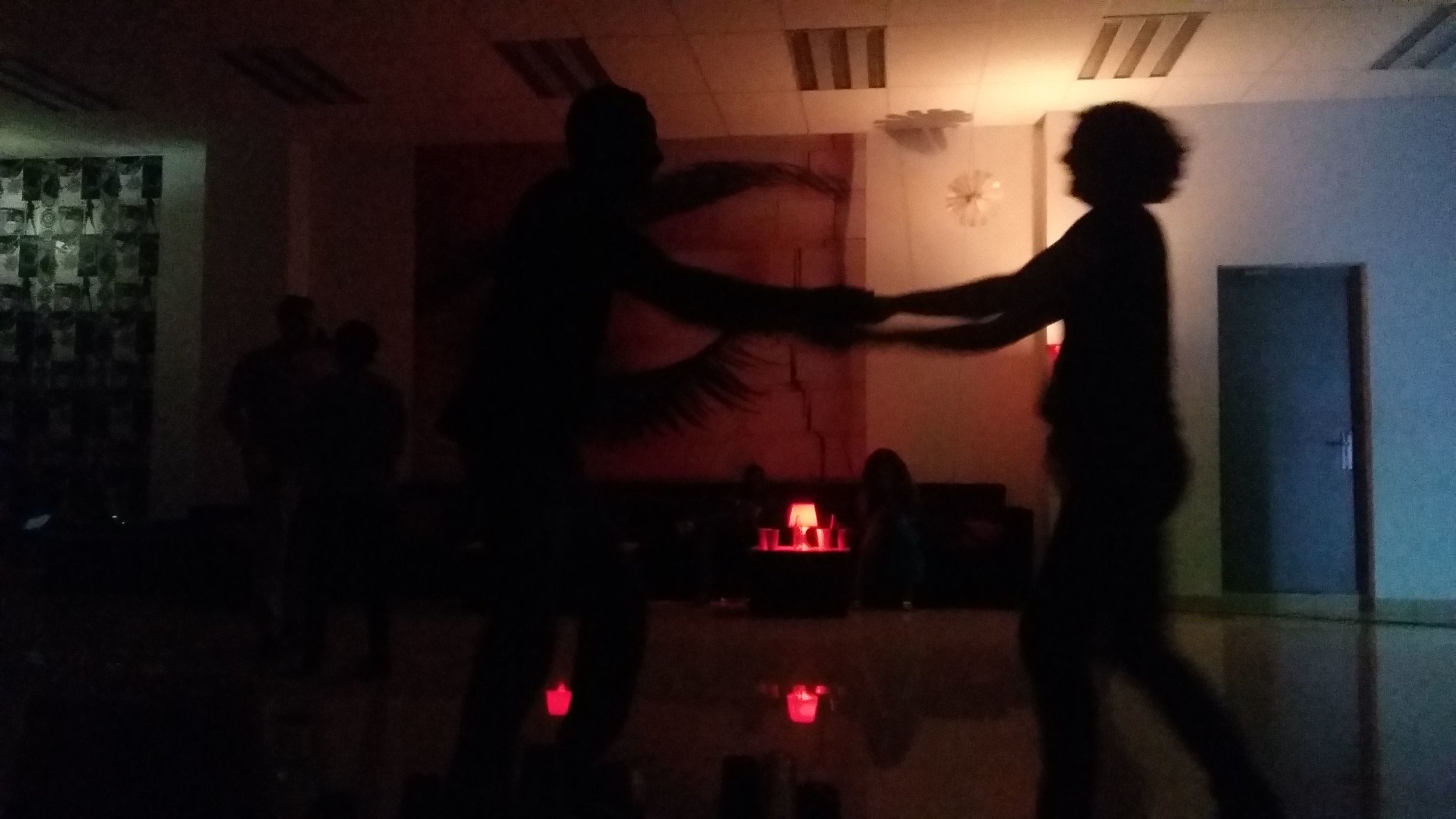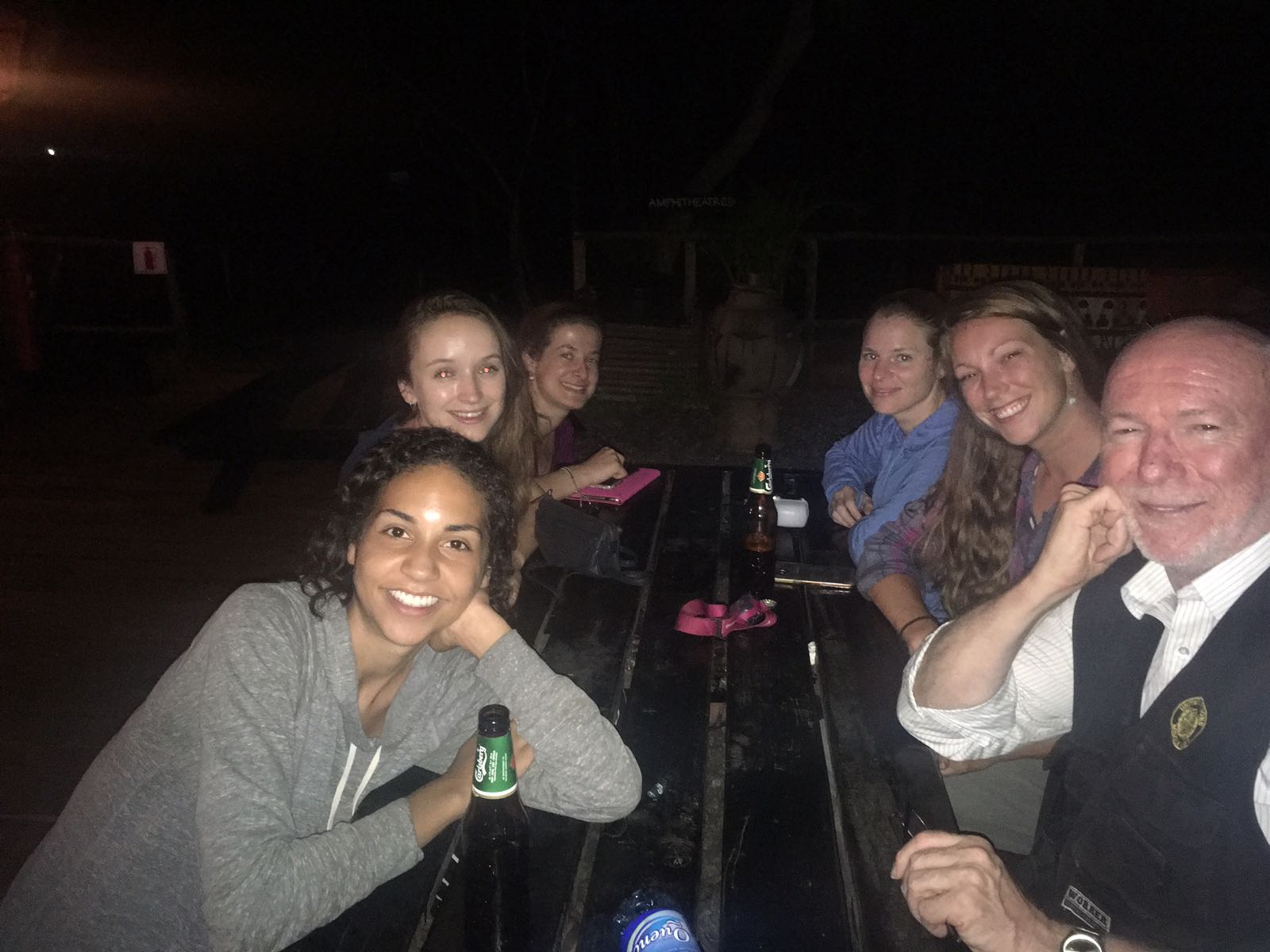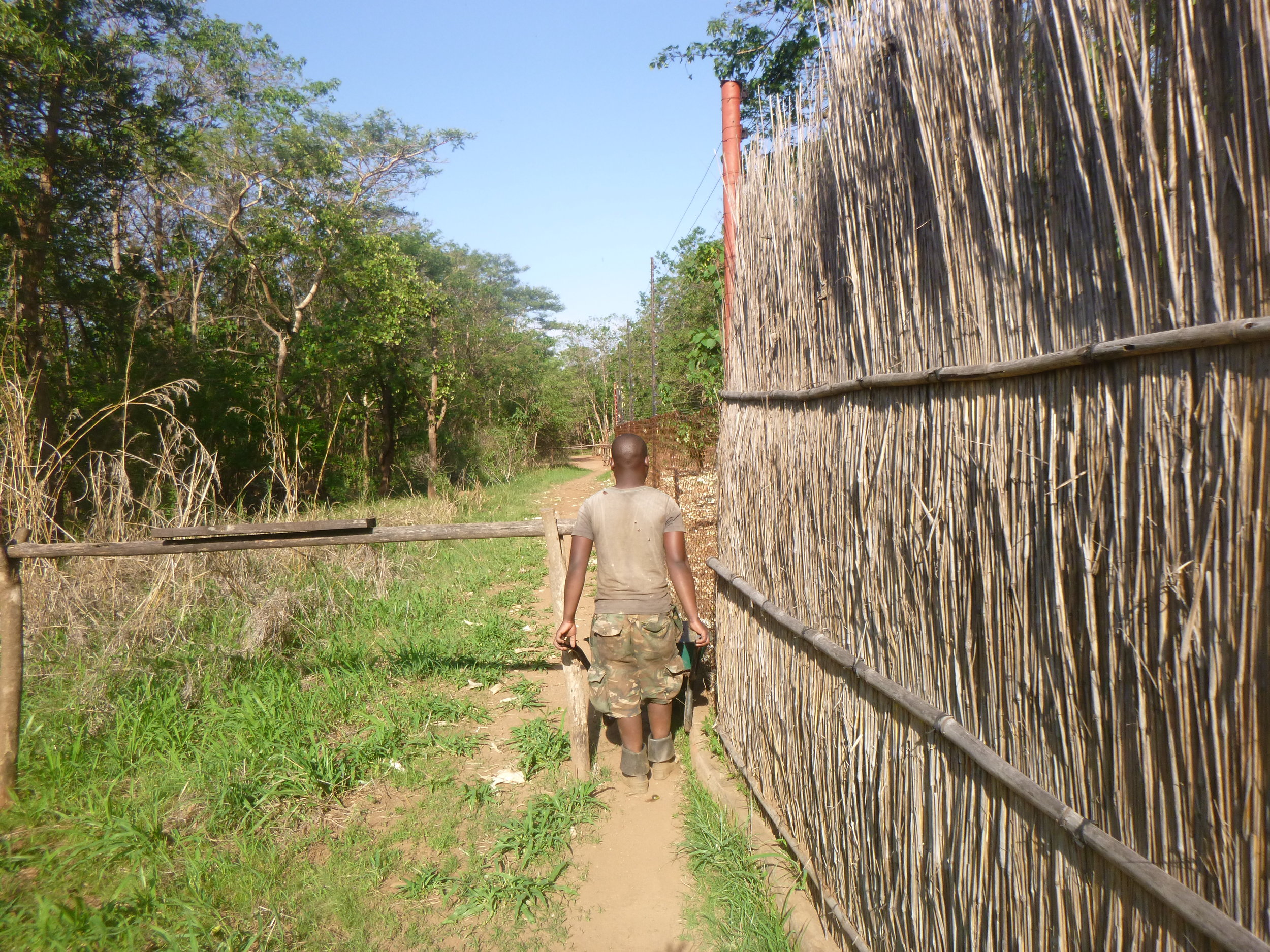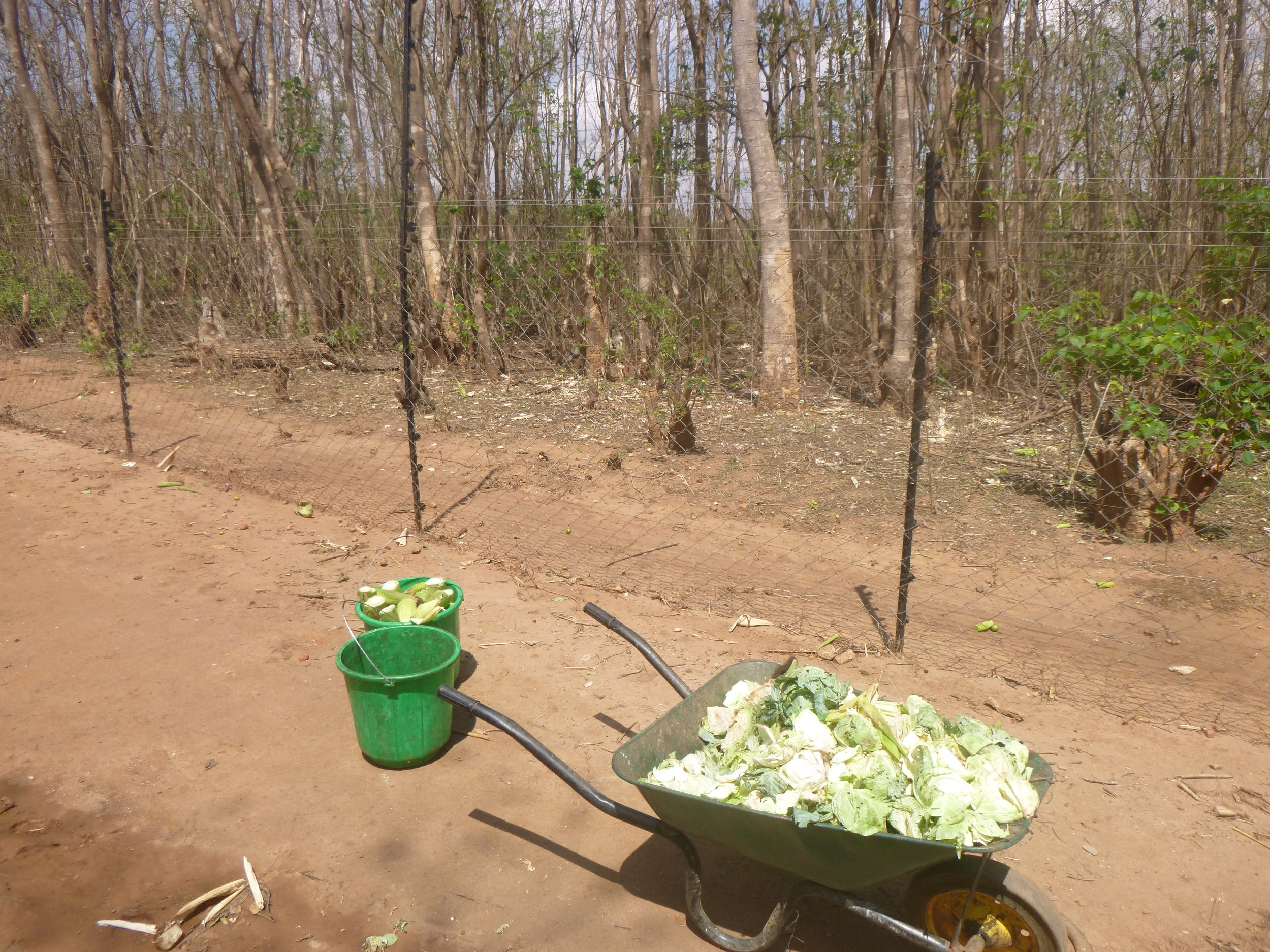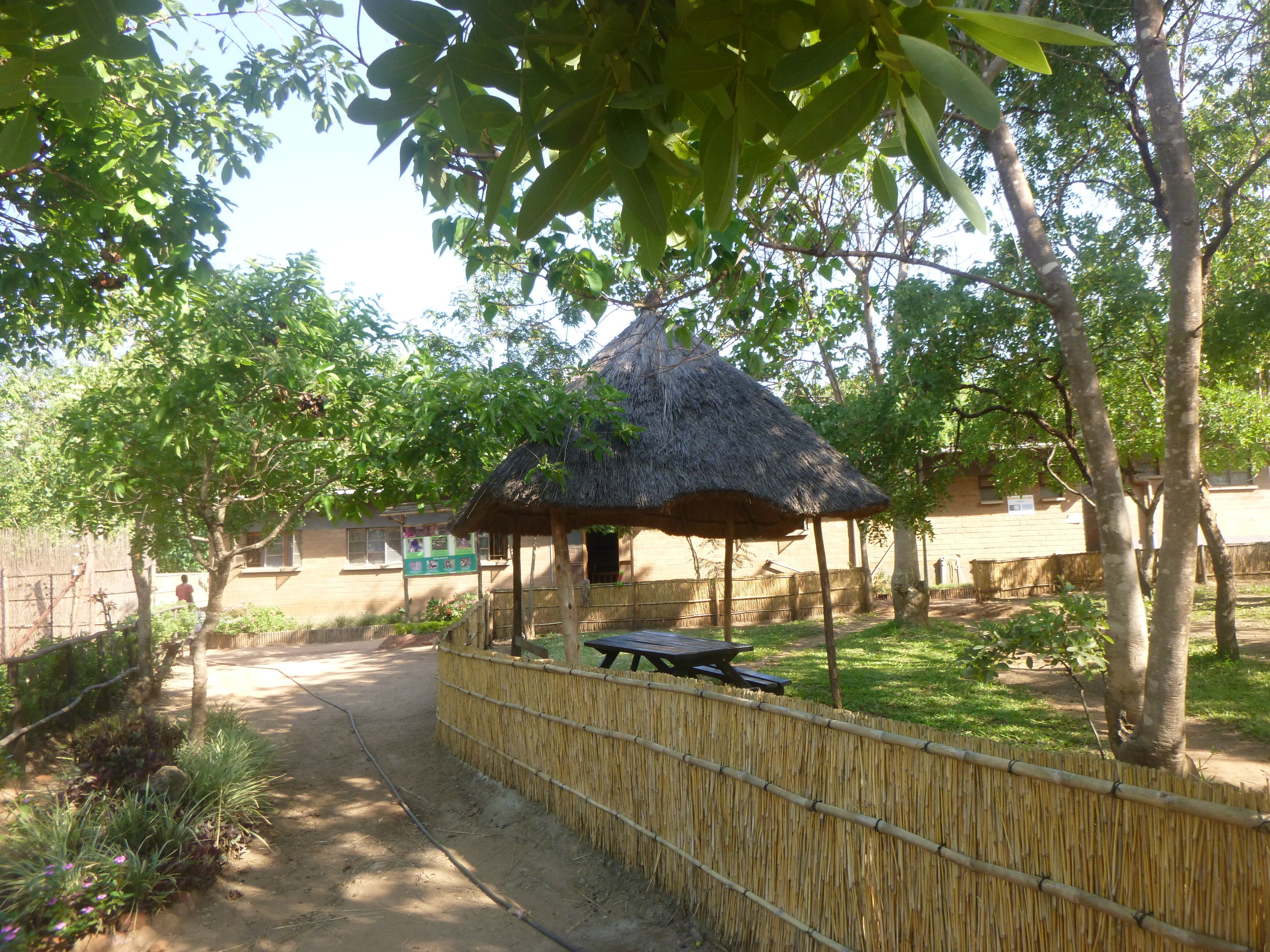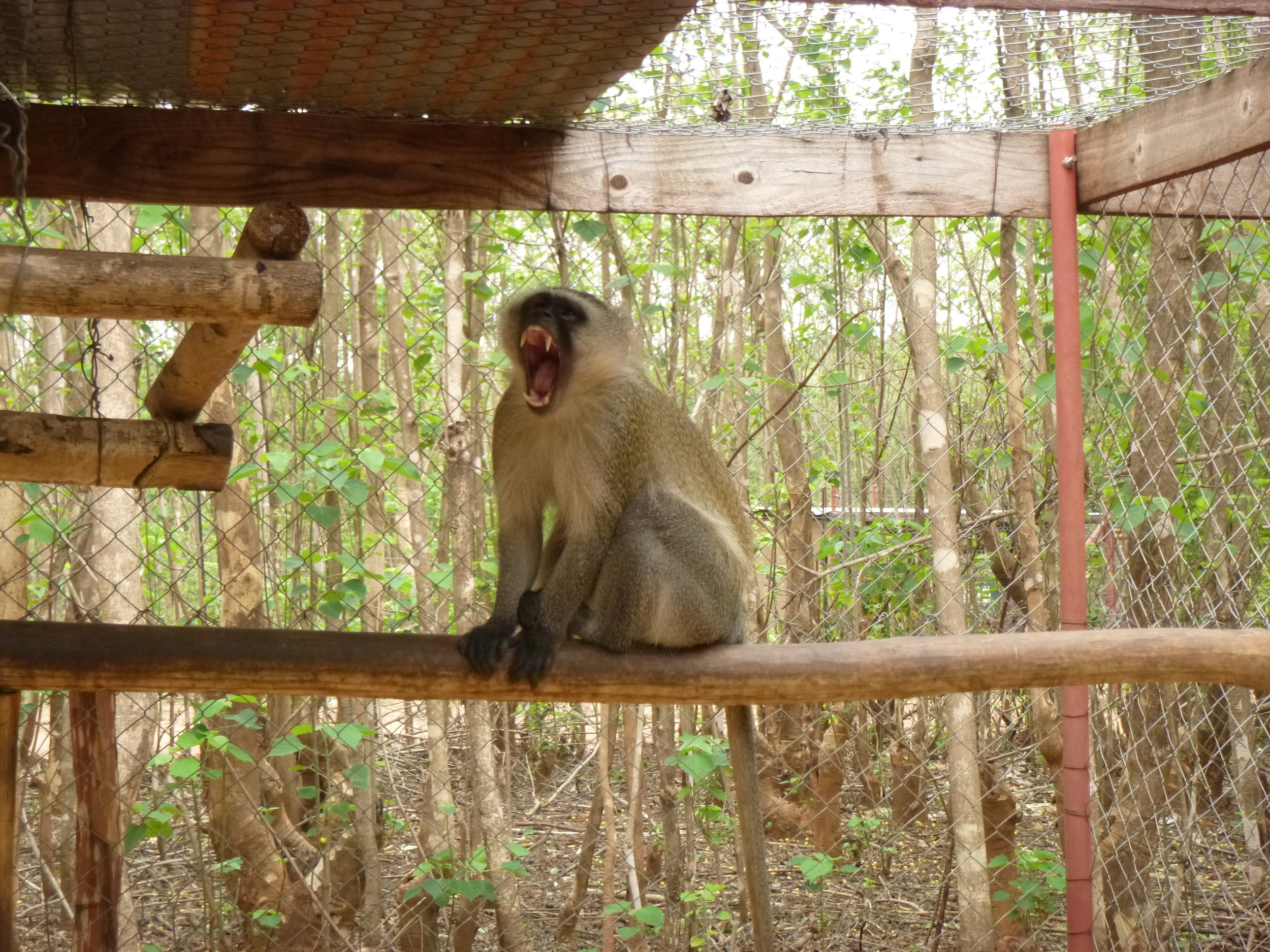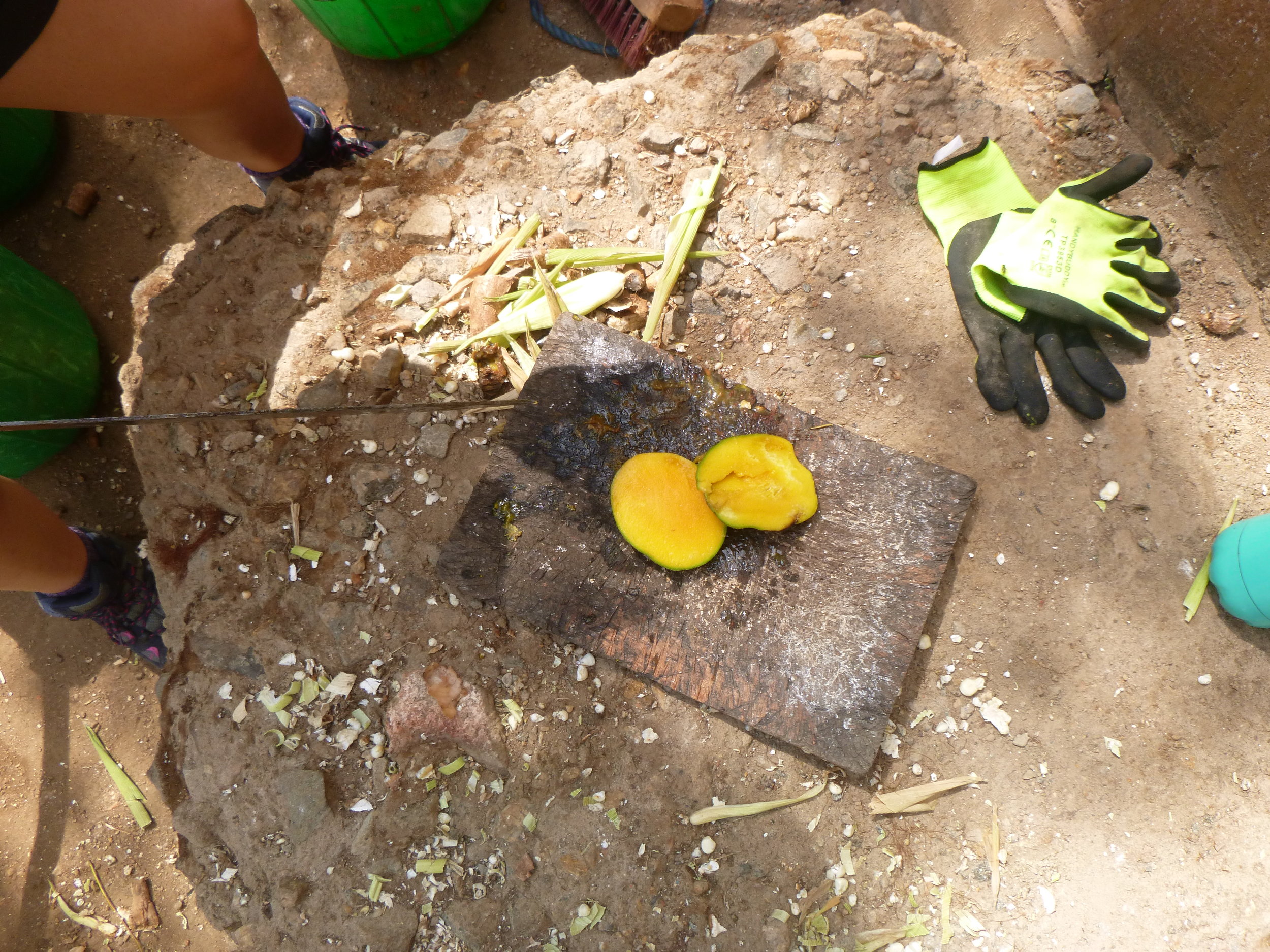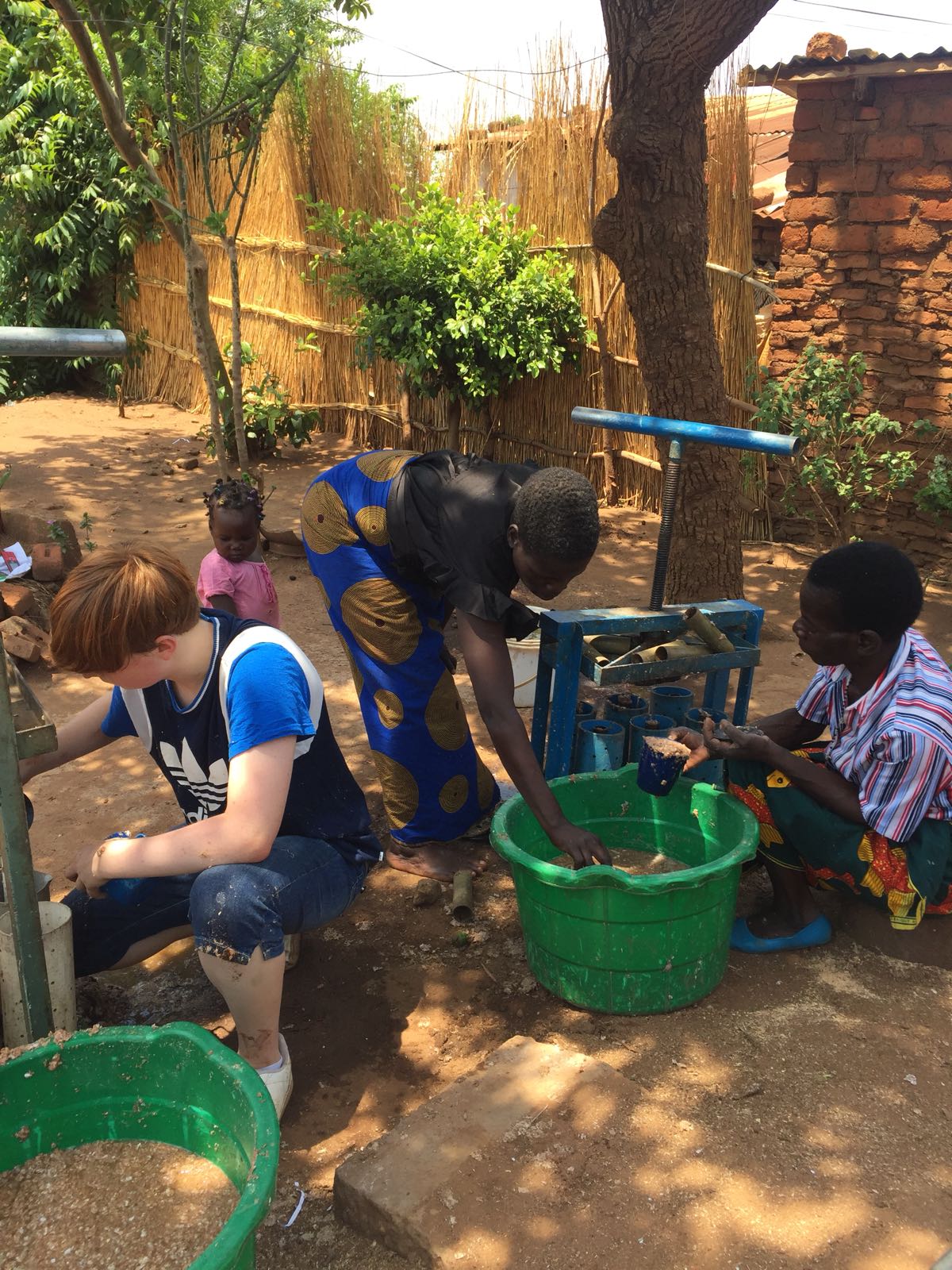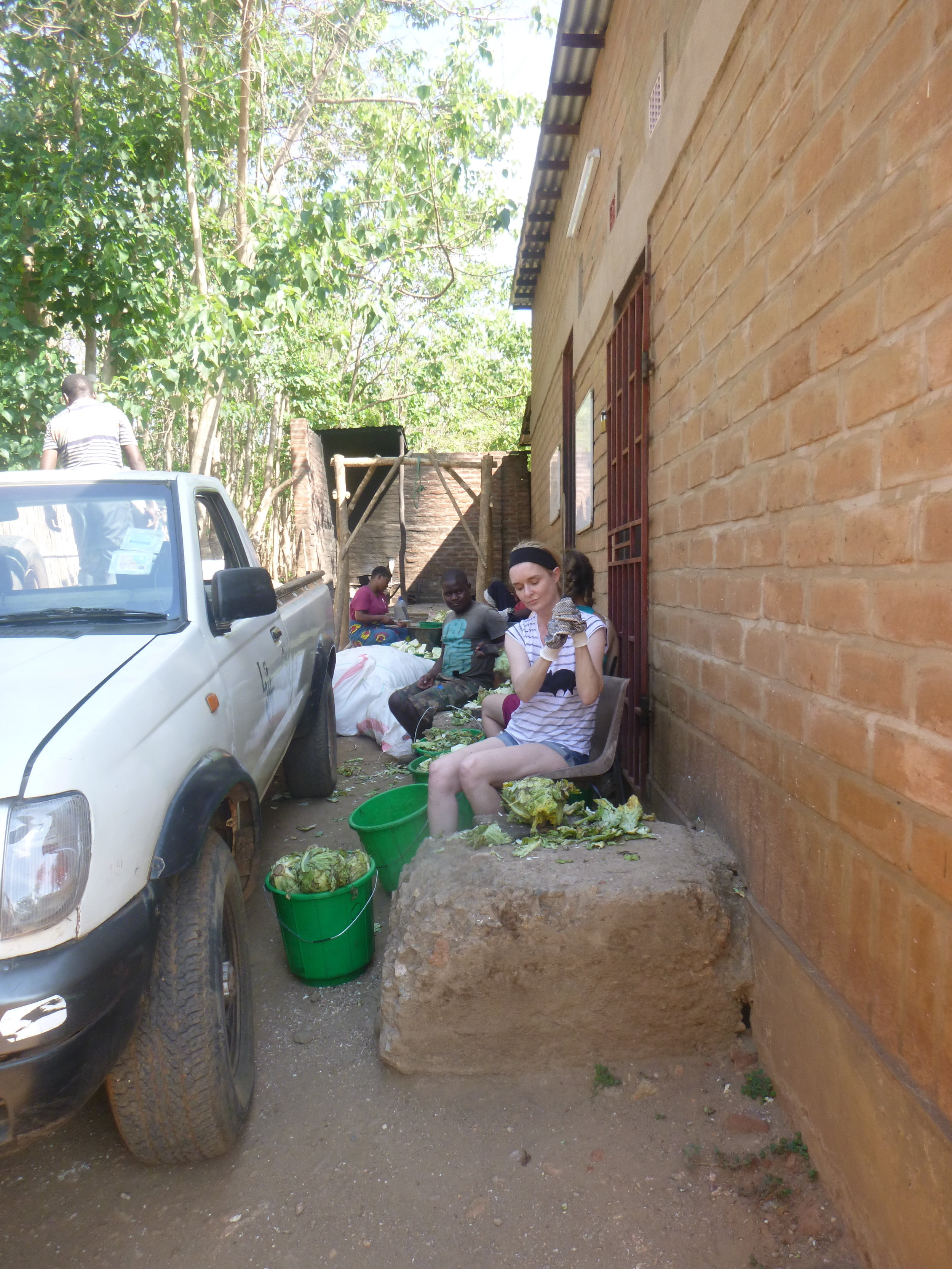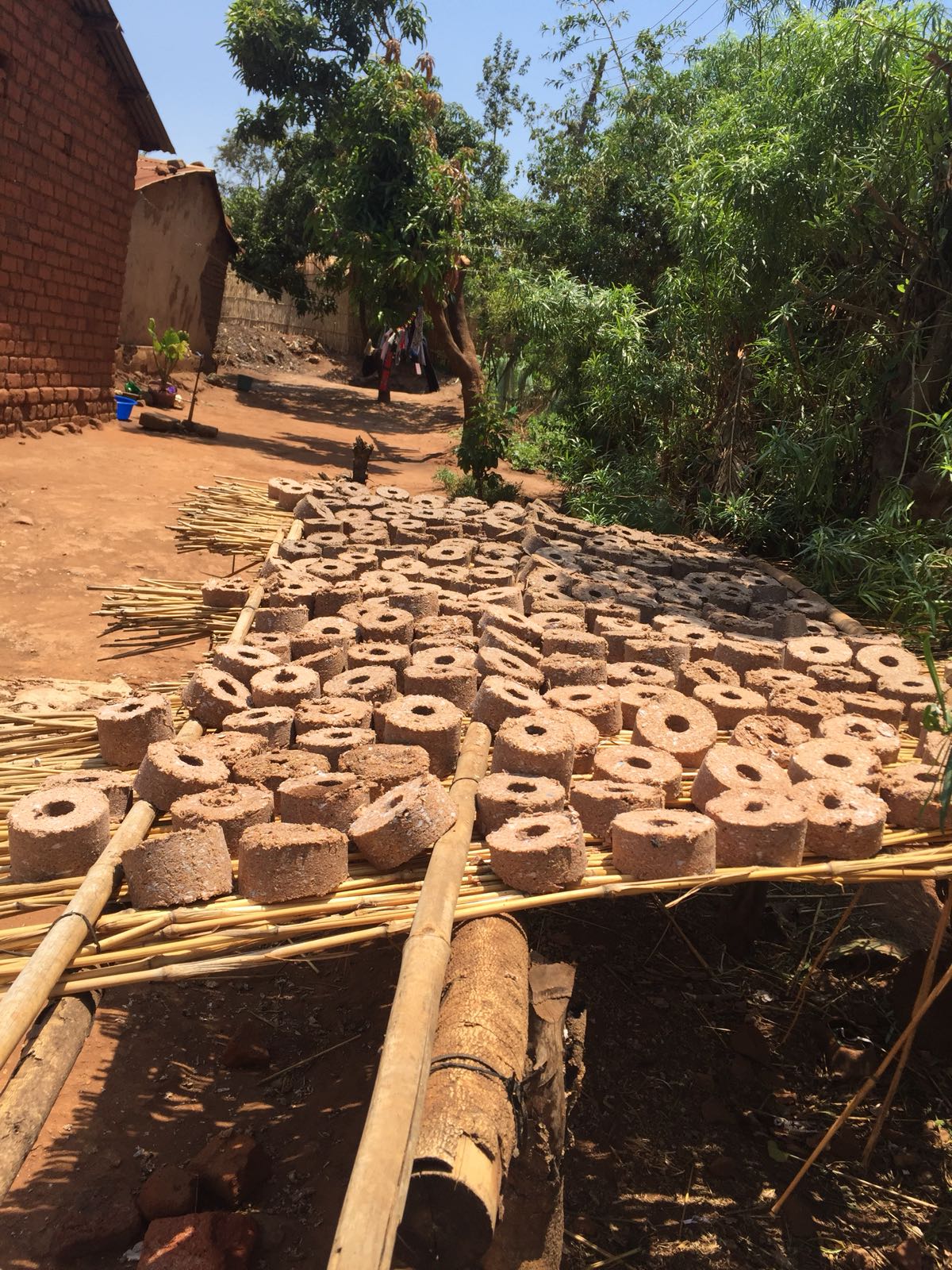Southeast Africa is known for its magnificent wildlife - you can’t think of Malawi without imagining elephants, lions, zebras, giraffes, monkeys, and other African wildlife. But the reality is that these animals are under extreme pressure from the illegal wildlife trade, bushmeat trade, deforestation, loss of habitat and other conflicts with people. Malawi is the principle transit hub for wildlife trafficking in Southern Africa, including smuggling of illegal ivory. Species that were once so plentiful in the country are now disappearing at an alarming rate. Animals caught up in the illegal pet trade that are not killed can be subjected to a lifetime in captivity. Injuries from snares, traps, spears, or bullets can lead to slow and painful deaths. Wild places that animals can call home are also in decline which has led to an increase in human-wildlife conflict.
Our partner in Malawi is working hard to stop this tragedy. Their mission is to help Malawi’s wild animals in need, combat wildlife crime and empower the guardians of the wild. Their wildlife rescue, rehabilitation and education centre was opened in 2008 and is currently the only accredited wildlife sanctuary in Malawi. Here, with the help of their volunteers, they care for injured and orphaned wild animals. There are usually more than 200 rescued wildlife at the centre and they pride themselves on the high level of rehabilitation and veterinary care that they provide. Every effort is made to release the animals back to the wild where they belong, and each year dozens of animals are returned to the wild.
Volunteers cut fruit and vegetables for baboon feeding.
Volunteer Activities
Volunteers provide care for all the animals at the centre. Volunteers help by preparing meals for the animals, feeding the animals, creating environmental and behavioural enrichments for the animals and helping with cleaning tasks. Working hours are completely dependent on the animals currently at the centre and on the level of care they need. Ideally shifts are from 8am to 5pm with a break for lunch. But during orphan season, baby feedings can take place late at night or early in the morning. These feedings are split up between volunteers, but please be aware that there may be some long days or even some night shifts.
Volunteers are scheduled to work 6 days a week, with one day off. For volunteers staying longer, once a month you will get an additional 2 days off.
Accommodation
Volunteers stay in accommodations located right on the sanctuary grounds, so you will feel surrounded by animals. Don’t be surprised if you wake up to hyenas calling and monkeys playing outside your bedroom window! The program is limited to a maximum of 18 volunteers at any one time. Volunteers stay in the main house which has basic mixed dorm-style accommodation. There is a kitchen, lounge area, bathroom and hot showers for volunteers to use. There is also an attractive garden area for relaxing in the evenings and on your days off. For those wanting a bit more of your own space, consider upgrading to a chalet. There is a two bed and a four bed chalet, both en-suite, located right next to the volunteer house. Meals are cooked by the local chef every day except on Sunday when extra food is provided.
Safety
Do you have questions about safety? We have answers right here!
Includes
Airport pick up and drop off (at the closest airport), accommodation, meals, on-site training, donation to Placement Partner, AEI Travel Manual, emergency support while at placement, carbon credits to offset 3 tonnes of greenhouse gas emissions, premium Individual Travel Insurance (up to $500, 000 USD in emergency medical coverage), travel discounts (through automatic membership to a volunteer only travel discount program), 24/7 travel and emergency assistance, volunteer t-shirt, use of a local cellphone and sim card, enrolment with the Global Travel Academy to earn a certificate in International Volunteering. This 3-hour online course is curated by travel professionals and is designed to help you get the most out of your adventure.
Excludes
Flights, entry visa costs, international and domestic airport taxes, immunizations and medications. Note: The rabies vaccine is required for this Experience, the average cost is $600- $1000 in North America.
All clients are required to get a TB test before they volunteer for the program; we recommend clients sign up for their TB test before they apply as getting results can take some time.
casa de volunteers
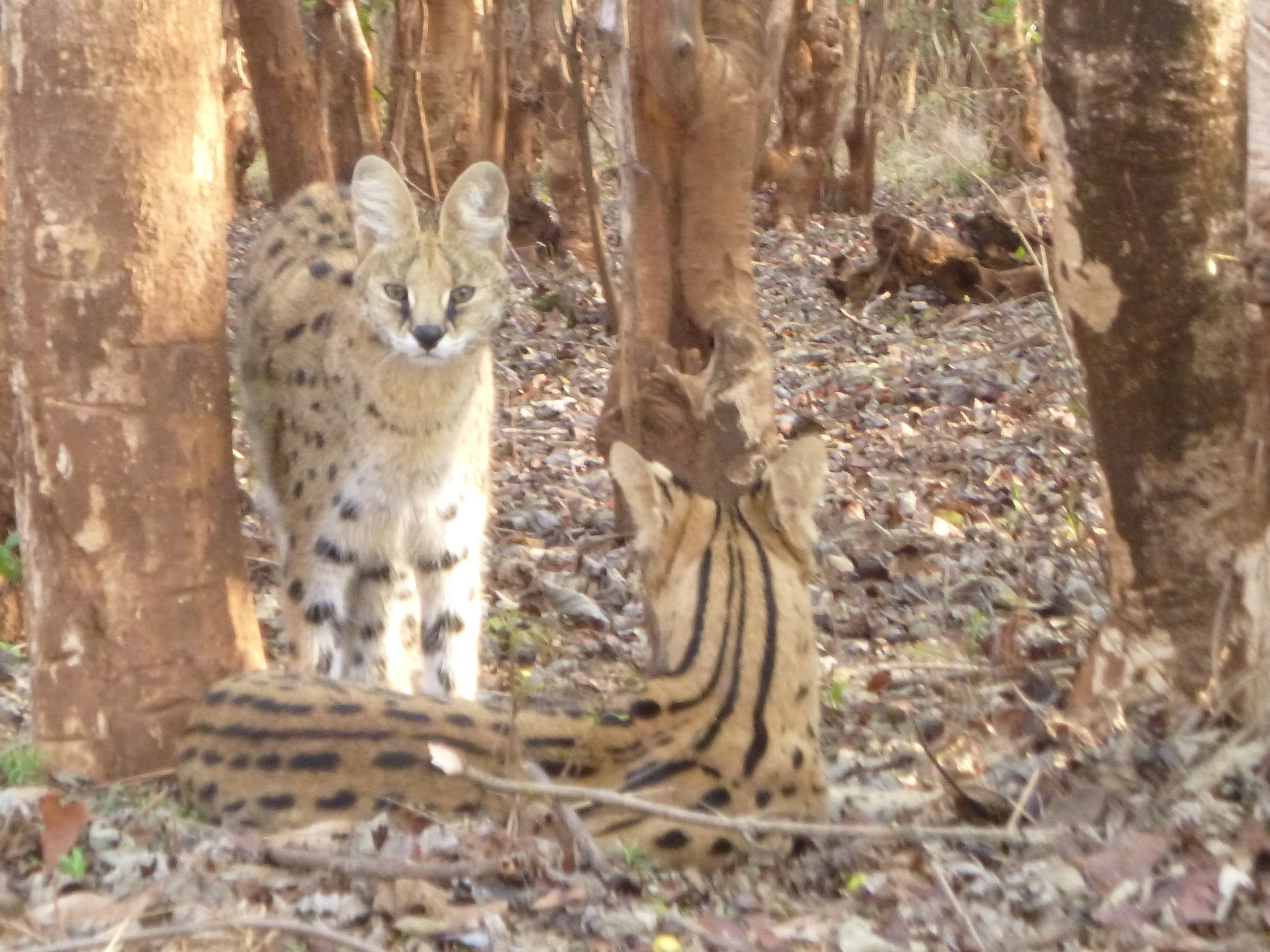
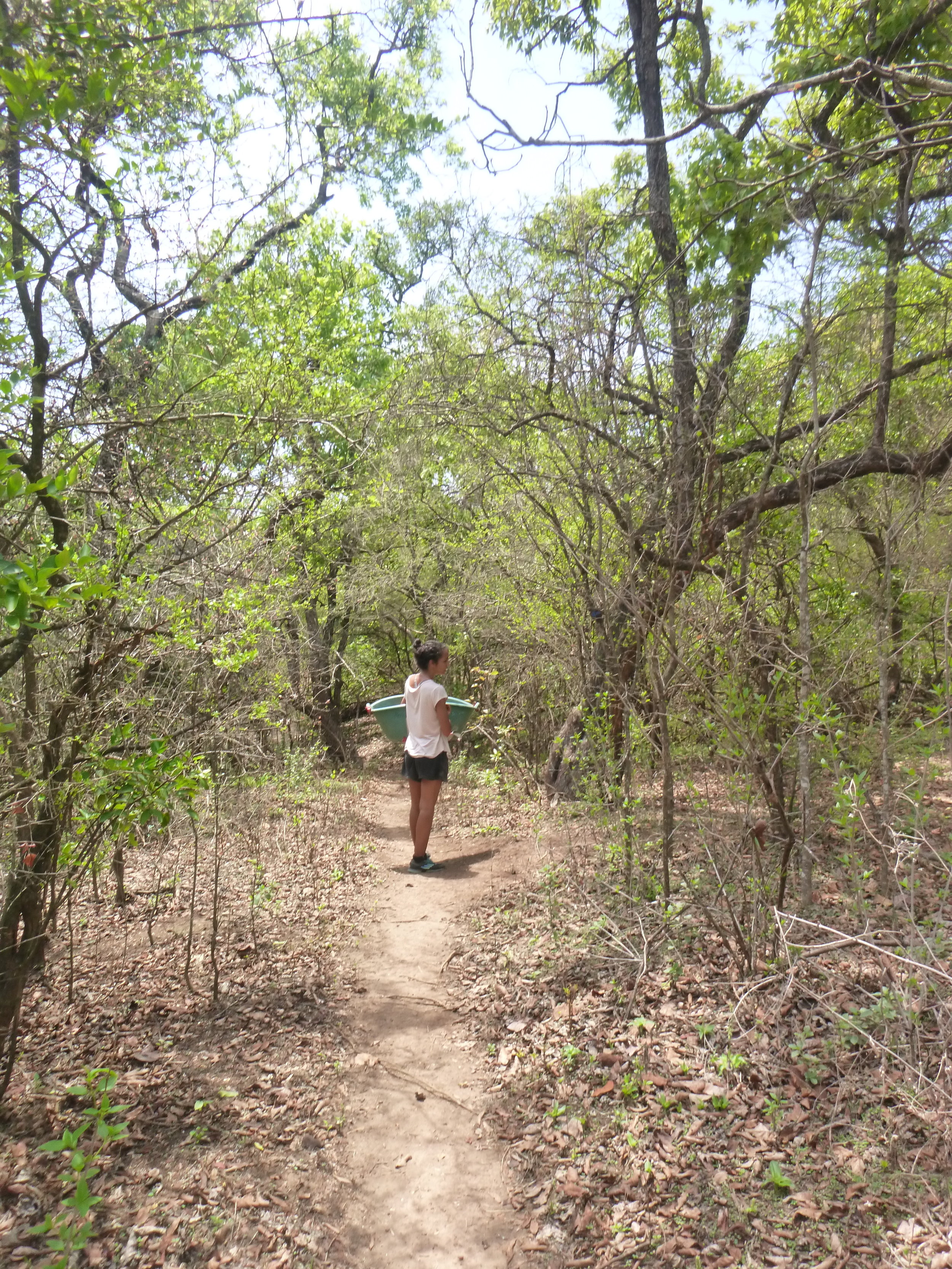
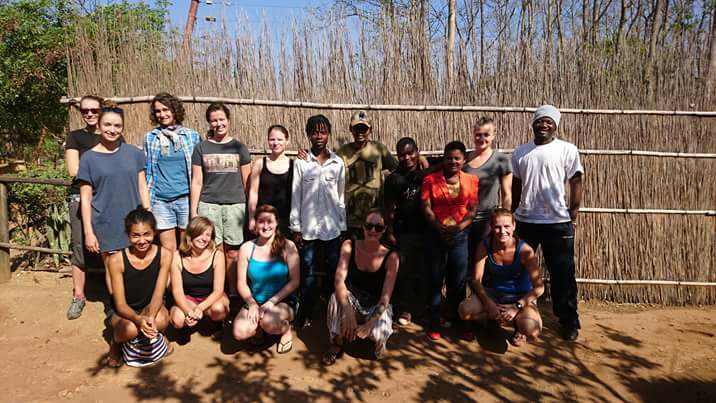
What is Serious
This amazing organization envisions a Malawi where everyone respects and protects wildlife. They have partnered with government and law enforcement officials to fight wildlife crimes and ensure charges are enforced through the justice system in Malawi. They run the country’s largest environmental education program reaching thousands of people each year - from school children to decision makers and law enforcers. Their wildlife research programs support projects that are critical to effective conservation management, and they have partnered with the Department of National Parks & Wildlife and Conservation Research Africa to build Malawi’s first Wildlife Research Institute in Vwaza Marsh Wildlife Reserve. Volunteers spend most of their time helping care for animals at the Wildlife Center which is world-renowned for its work in wildlife welfare and has won numerous awards and accreditations. When you volunteer with this organization, you are supporting this critical work being carried out in Malawi.
What is Fun
The Wildlife Centre, Malawi’s only accredited wildlife sanctuary, is set on a stunning reserve. The sanctuary is currently home to close to 200 rescued animals, and the reserve itself is teaming with wildlife, including over 200 species of birds, and large animals such as crocodile, bushpigs, antelopes and hyenas.The 200 hectare wilderness park includes a river, woods and 4 km of walking/running trails, meaning you can experience the wild side of Africa and while being close enough to the city to visit the shops, restaurants and entertainment. Enjoy weekly salsa nights, drop in frisbee tournaments and music festivals - Lilongwe is a city that never sleeps!
The wildlife centre is a great place for socializing in the evenings and on your days off. Relax with your new friends in the café and bar, enjoy a picnic or just kick back with a book by the river in the wildlife reserve. Free wireless internet is also available at the centre’s office or in the café so you can keep in touch with everyone back home. There are craft and food markets within walking distance, where you can browse the stalls for curios, pick up some local veg and practice your haggling. Between working with the wildlife at the centre, making new friends and exploring a bit of the country, your stay in Malawi will be an unforgettable experience!
Volunteers make briquettes in the local village. These will be sold later as a more ecologically sustainable substitue to charcoal.
Extras
Malawi is such a beautiful country and regarded as the safest country to travel in Africa. We would highly recommend that you find some time on your days off to explore the region. Volunteers often travel together, choosing adventures such as cycling at Kuti Wildlife Reserve, walking in Dedza or swimming at the famous Lake Malawi. Your long weekends are perfect for safaris or a 3 day lake trip. The wildlife centre can help you get an excellent deal on safaris to South Luangwa in Zambia, renowned as one of the best wildlife reserves in the whole of Africa.
There is a cafe at the centre so when you have a break you can go, use some high speed wifi and get a latte! Better yet! Visit them on volunteer appreciation nights and get a volunteer inspired cocktail or mocktail!
Dates and Details
This is an ongoing program with operations every day of the year. We work with you and your schedule so you can serve this community and help animals when you are available. Placements start on Tuesdays and volunteers are asked to arrive on the day they start their experience.
Fundraising
Are you thinking of fundraising for a portion, or all your fees? Many of our clients have been very successful with their fundraising efforts. To learn more about their successful fundraising projects and see how you can fund raise for your experience, please visit our fundraising page!
“‘I was so impressed with the level of animal care and the dedication of the staff. It was amazing to be a part of and I learnt so much - incredible experience!”
